I discovered PINUPS around 2009 when I was in a fairly major period of personal creative growth. I was impressed by the magazine's simplicity, beauty and I just thought it was really clever. I knew it was created by a single individual and that fact inspired me to wonder: “what I can create?” Seeing PINUPS activated my creative brain.
Update Sept 09, 2021: Watch IG Live Chat with Episode 059 Guest, Christopher Schulz
Experience PINUPS founder Christopher Schulz on:
Additional Episode Information
pinupsmag.com | instagram.com/pinupsmagazine | facebook.com/pinupsmag
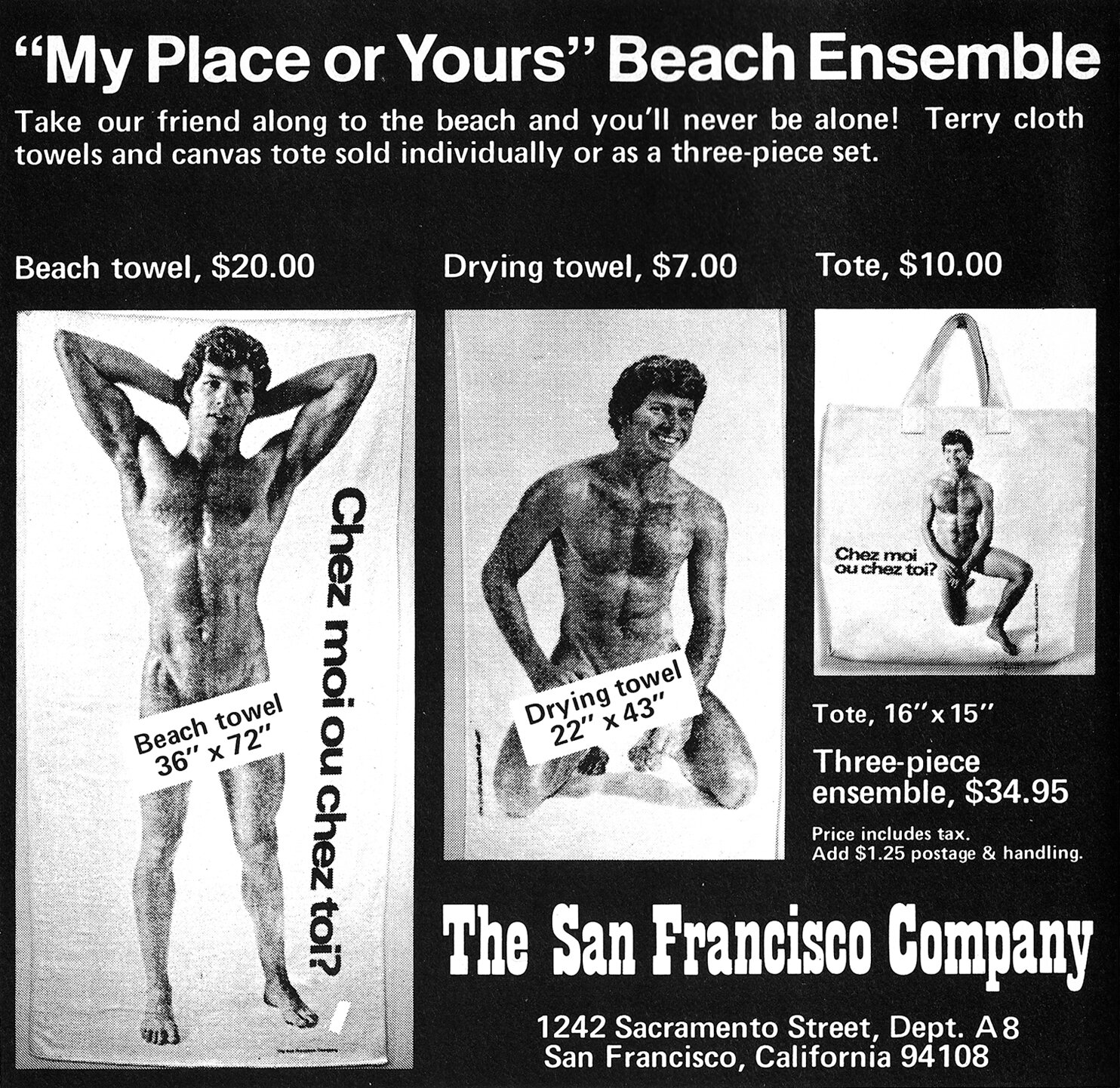
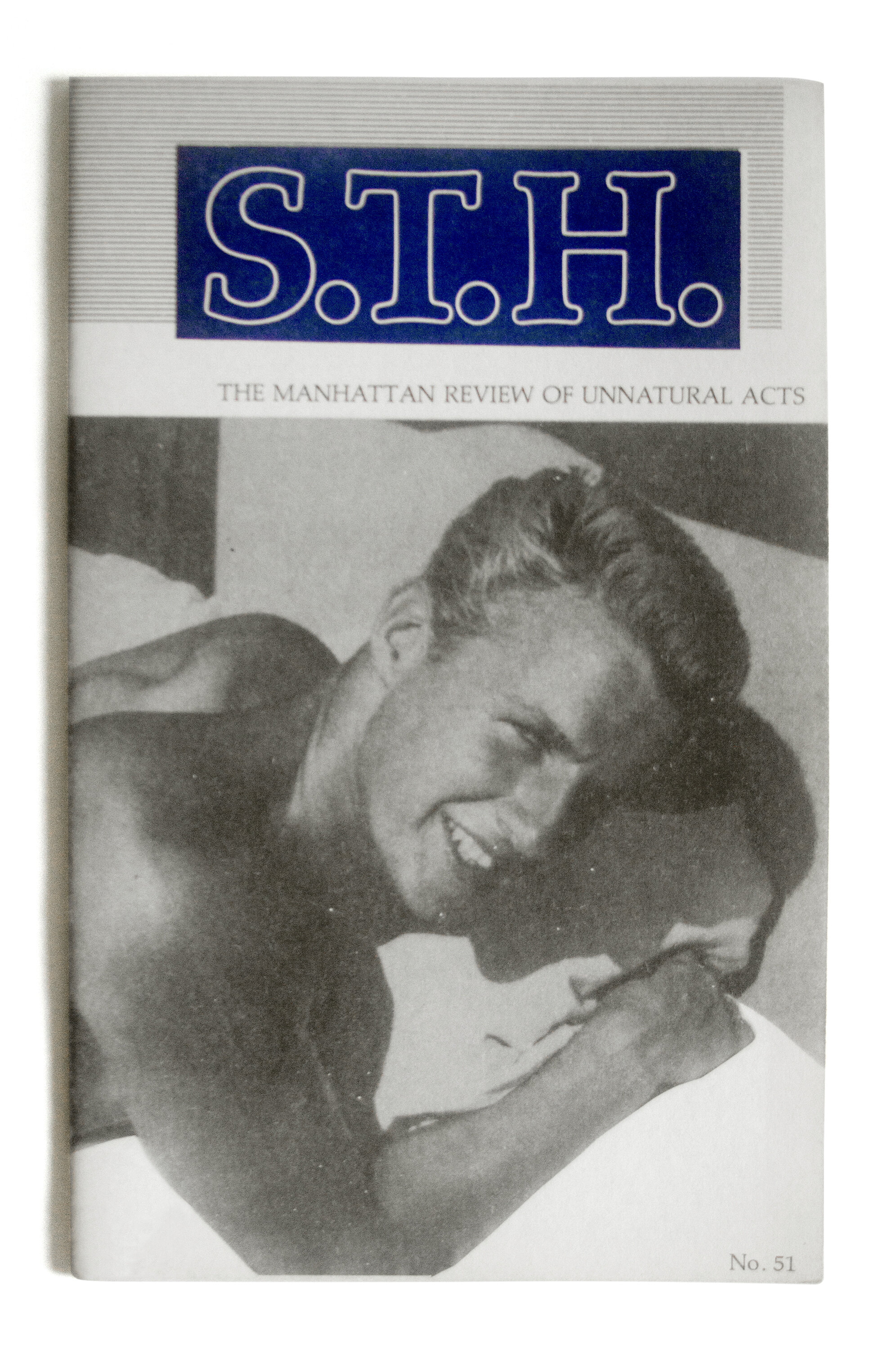
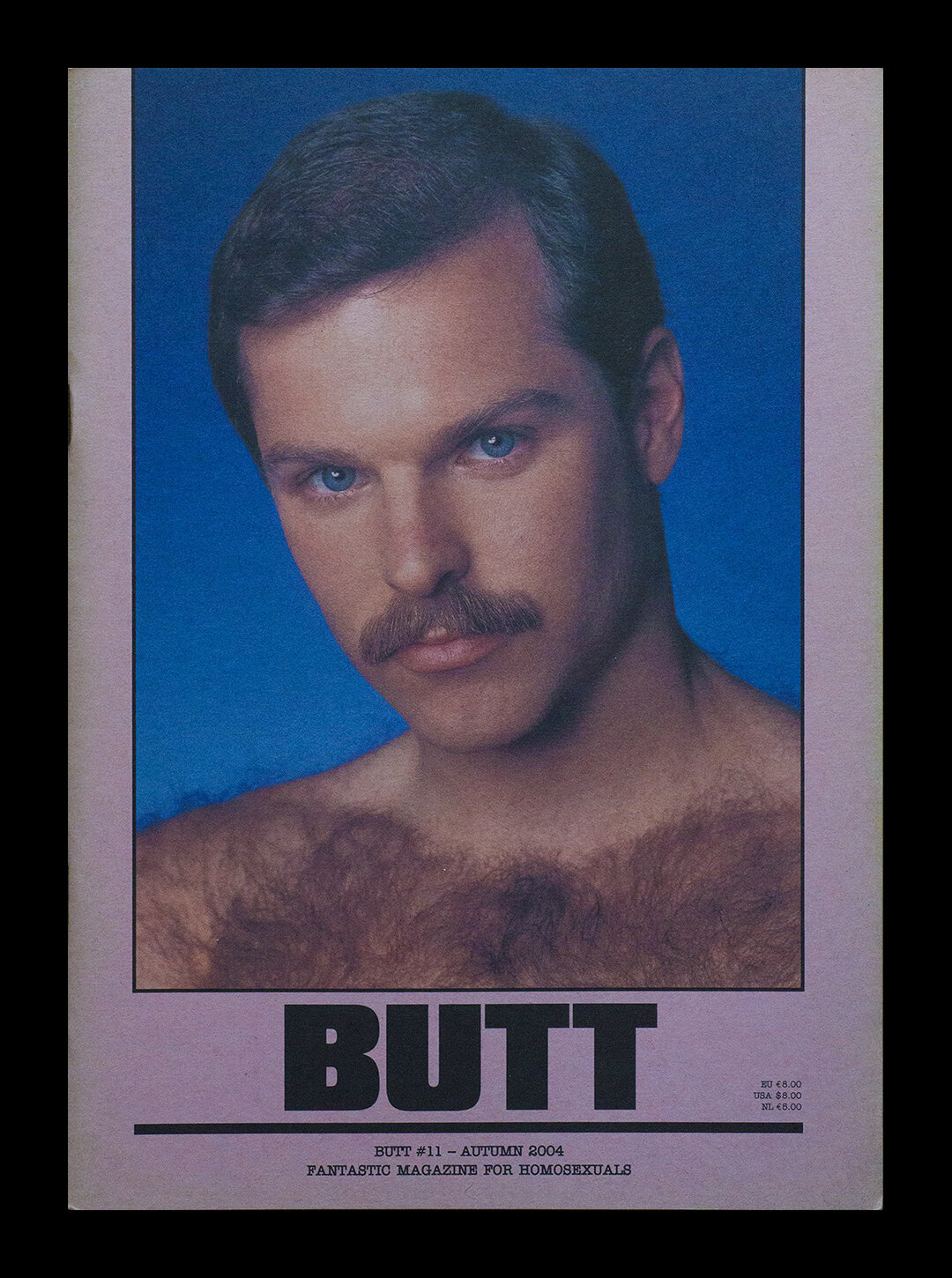
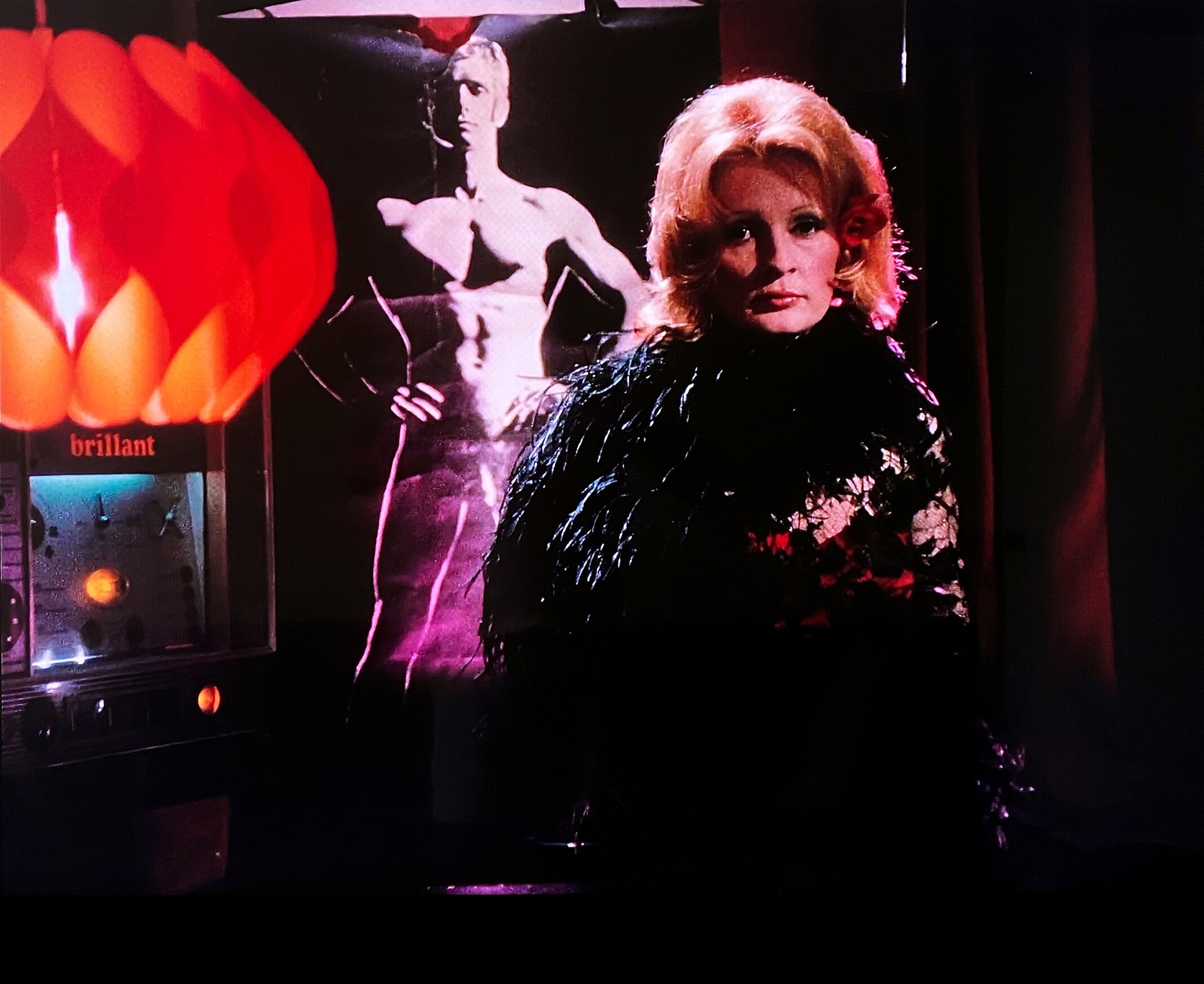
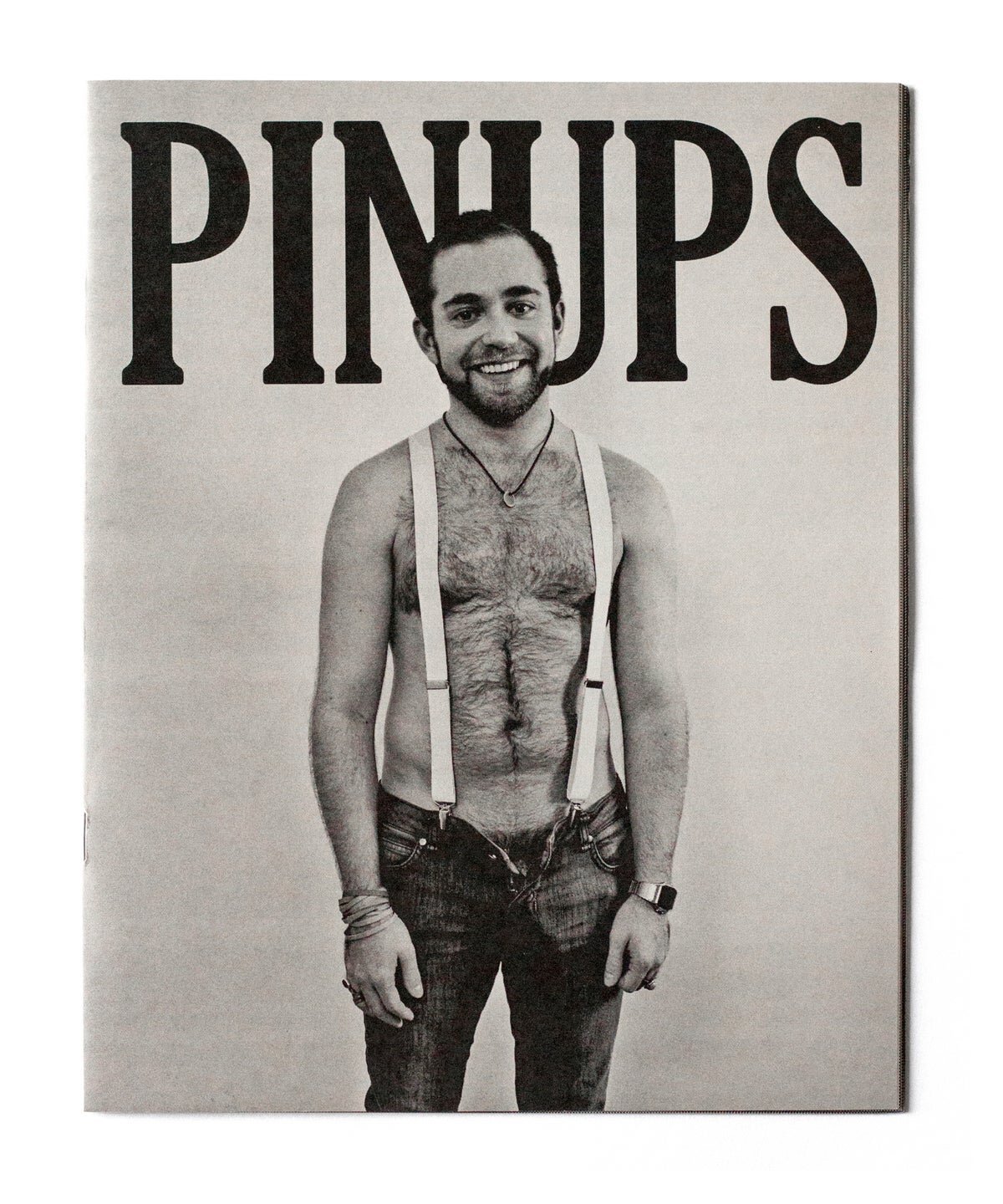
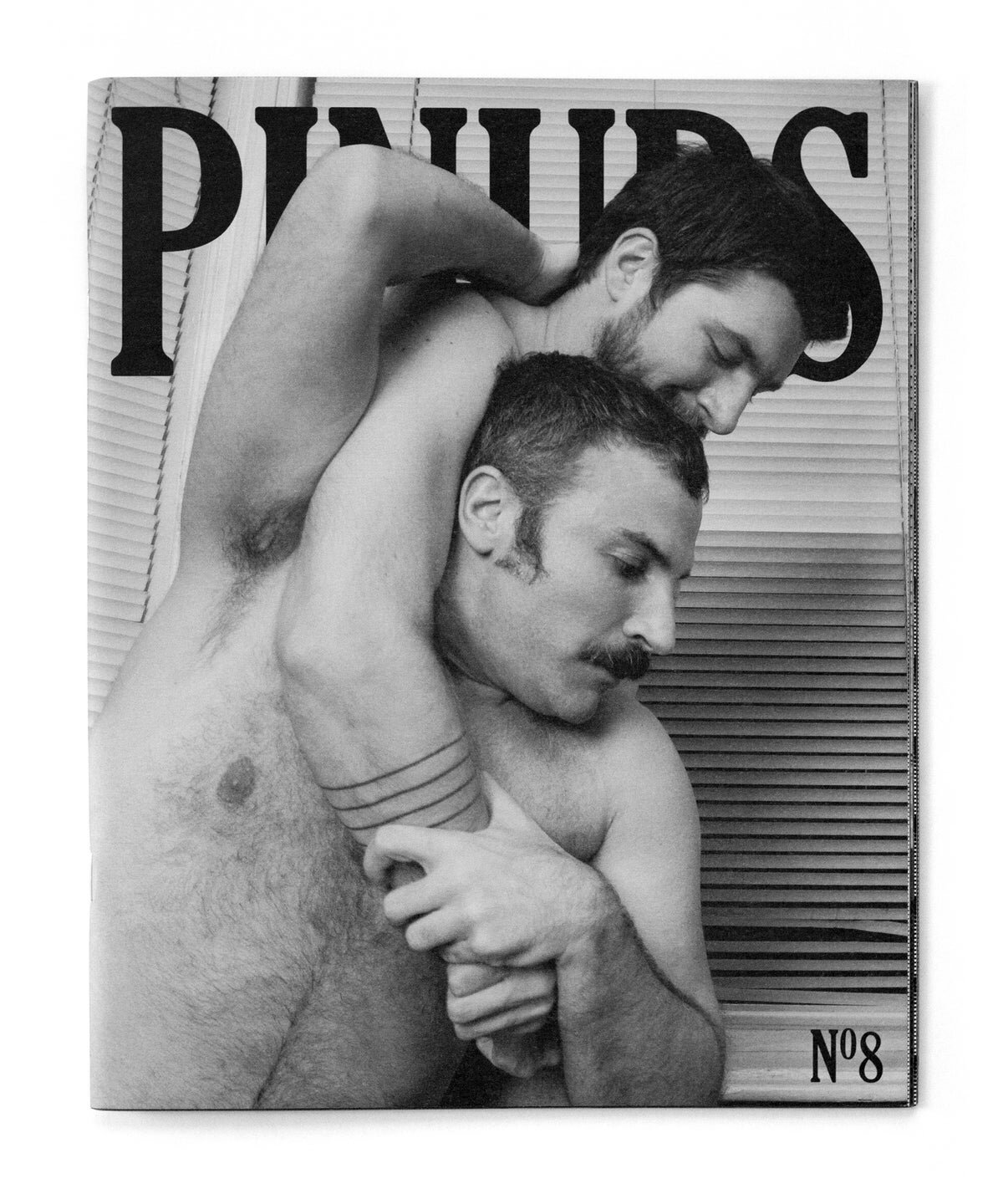
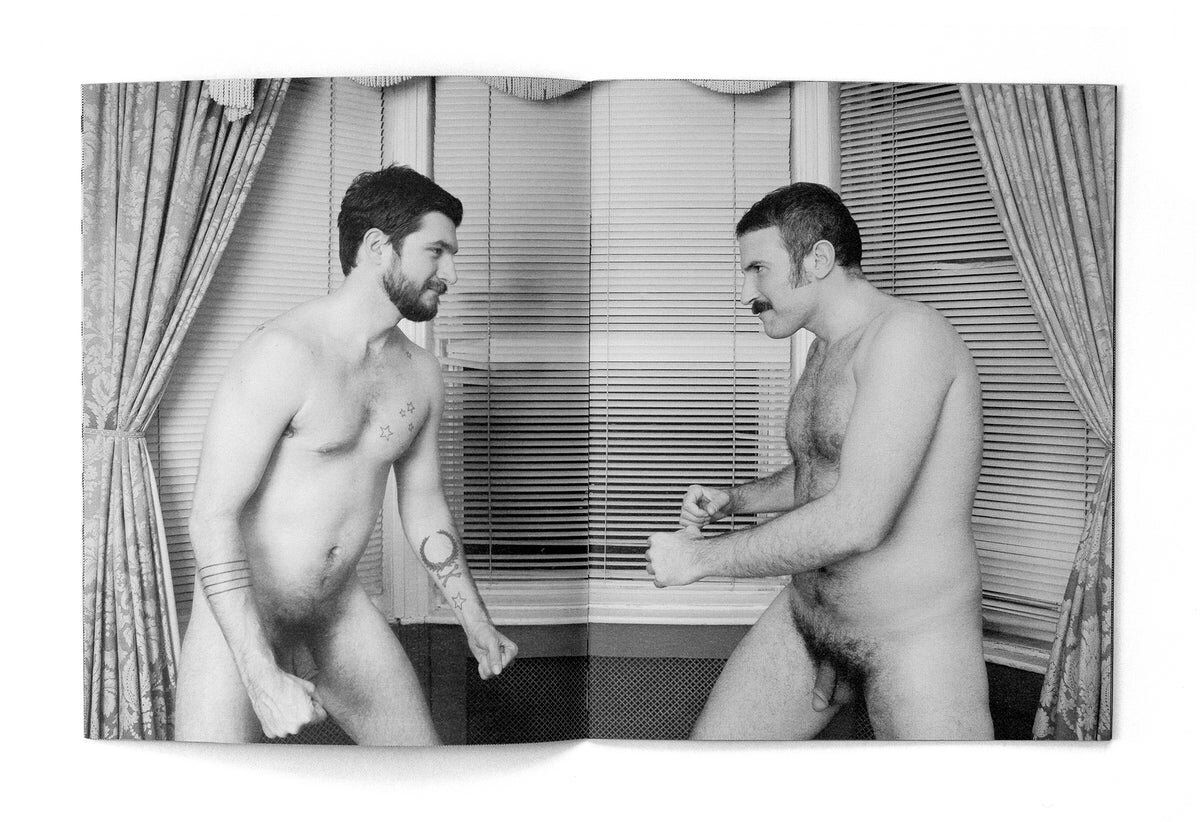
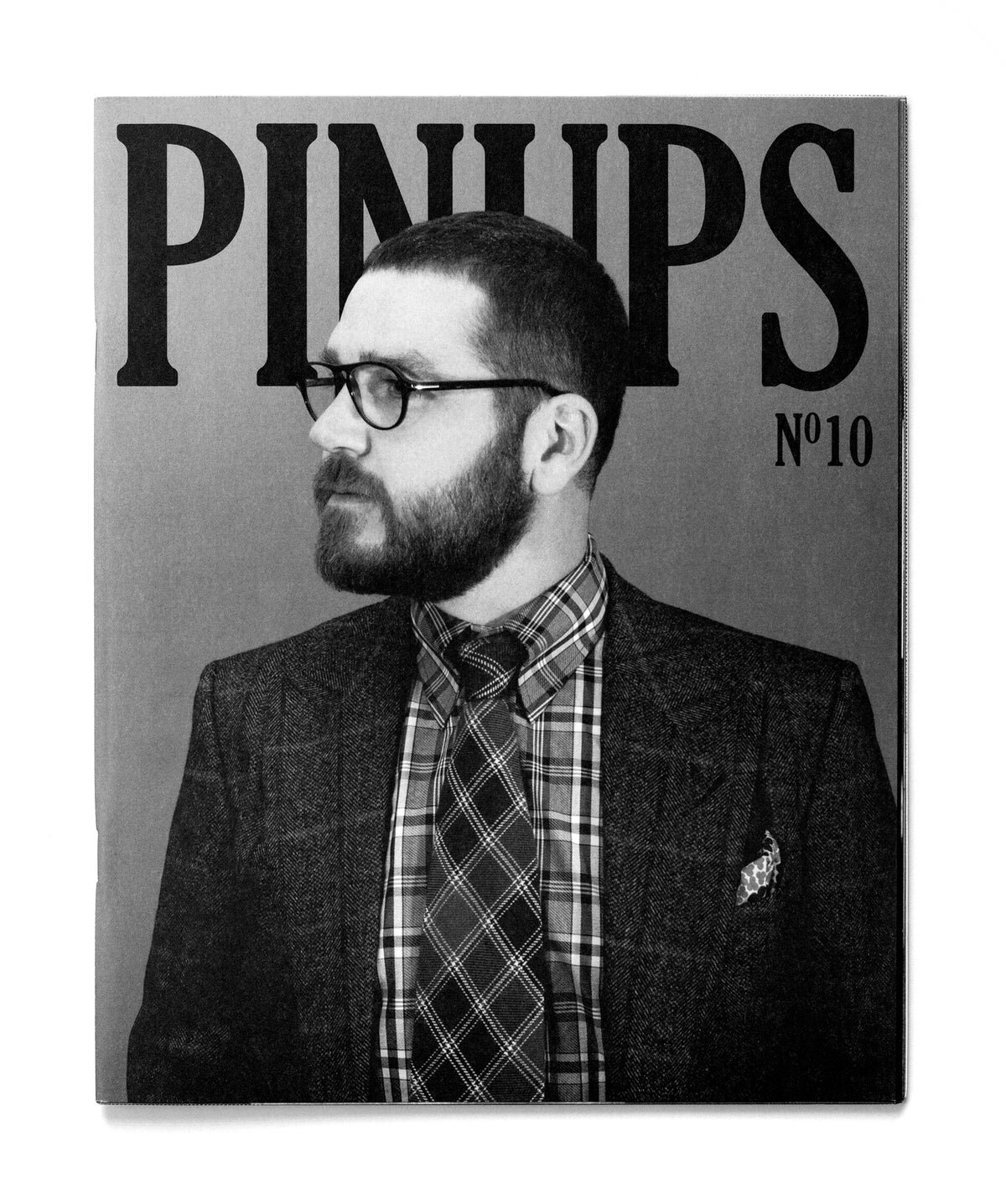
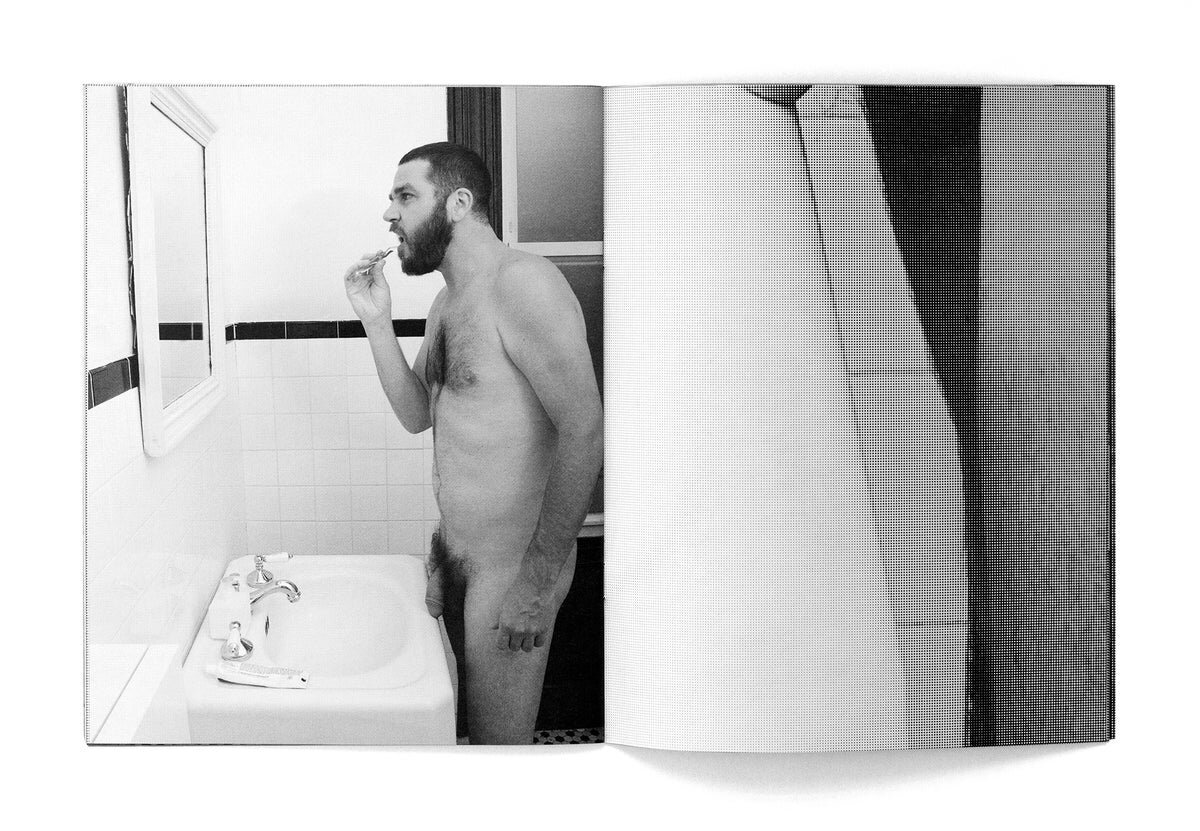
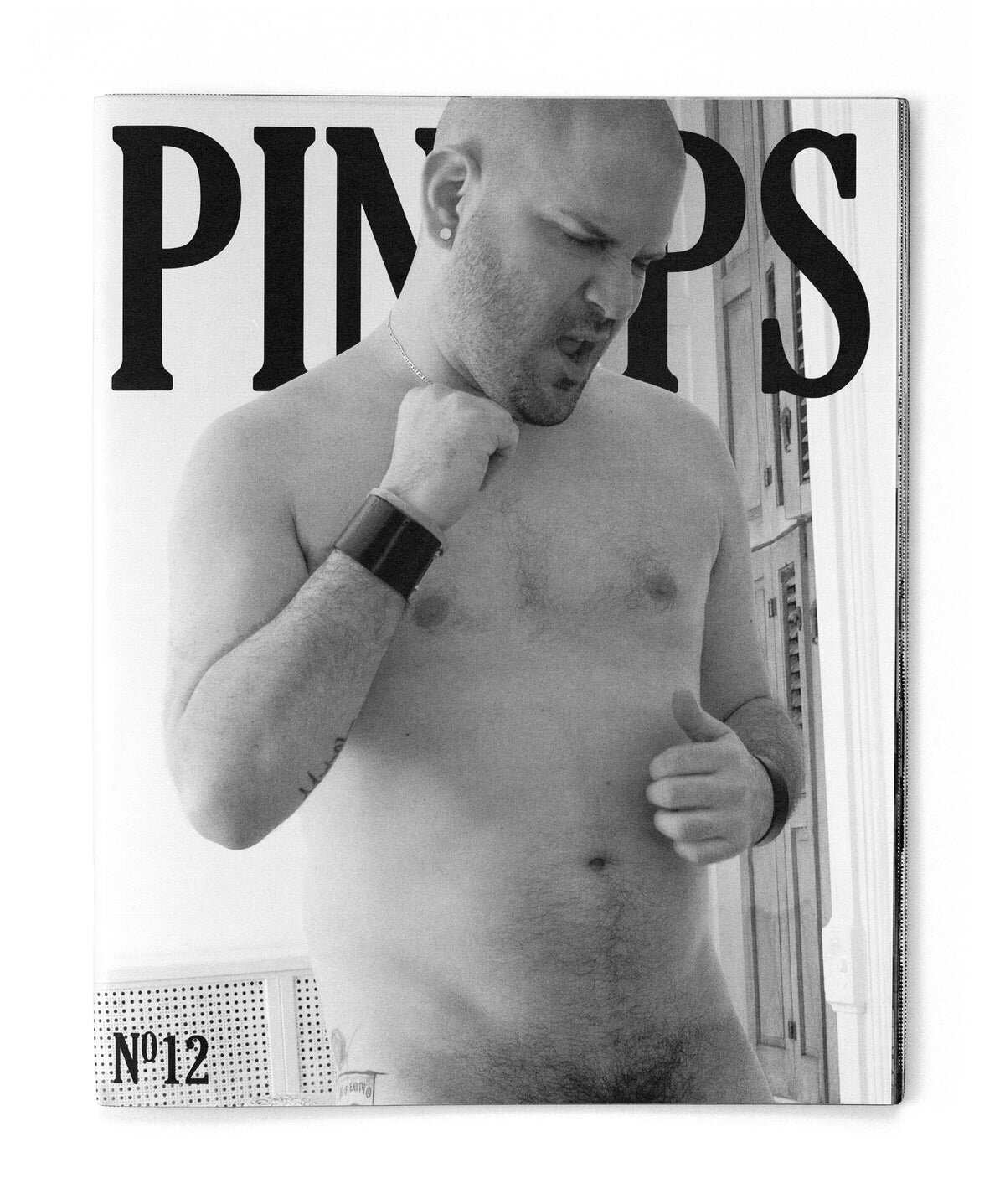
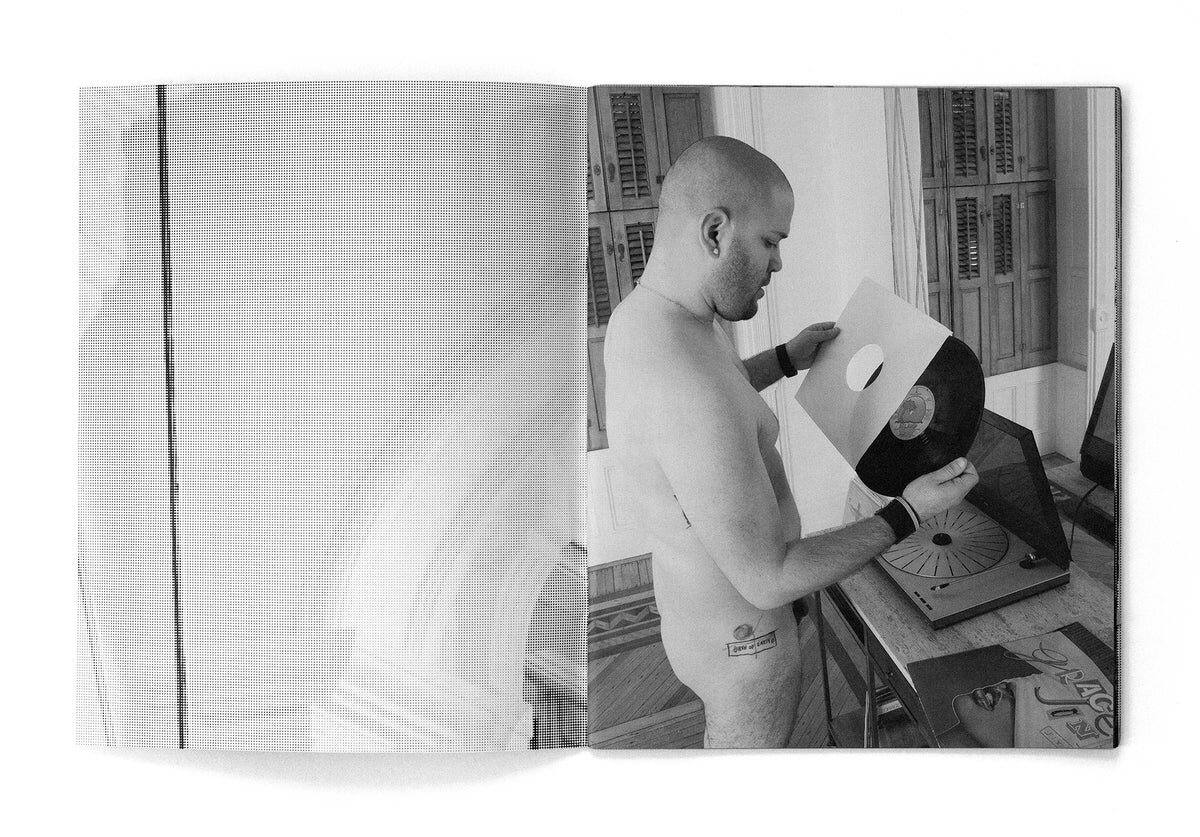
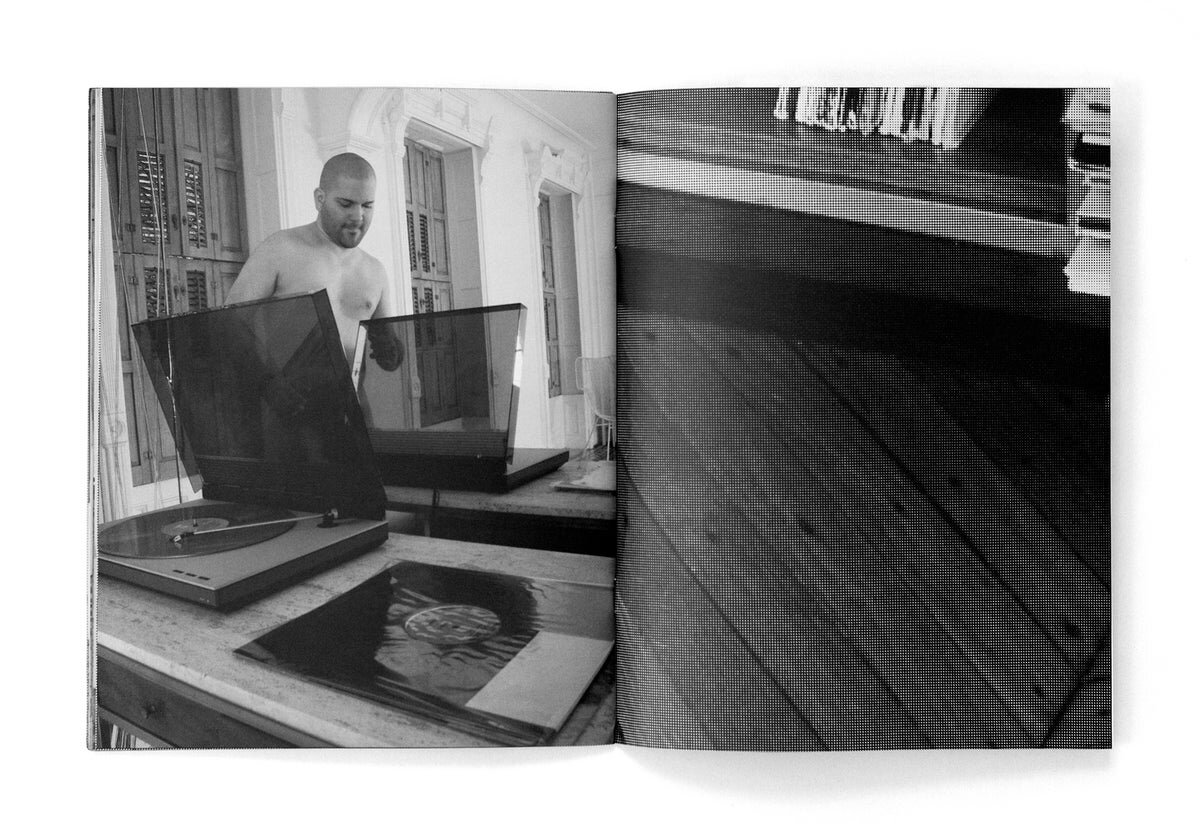

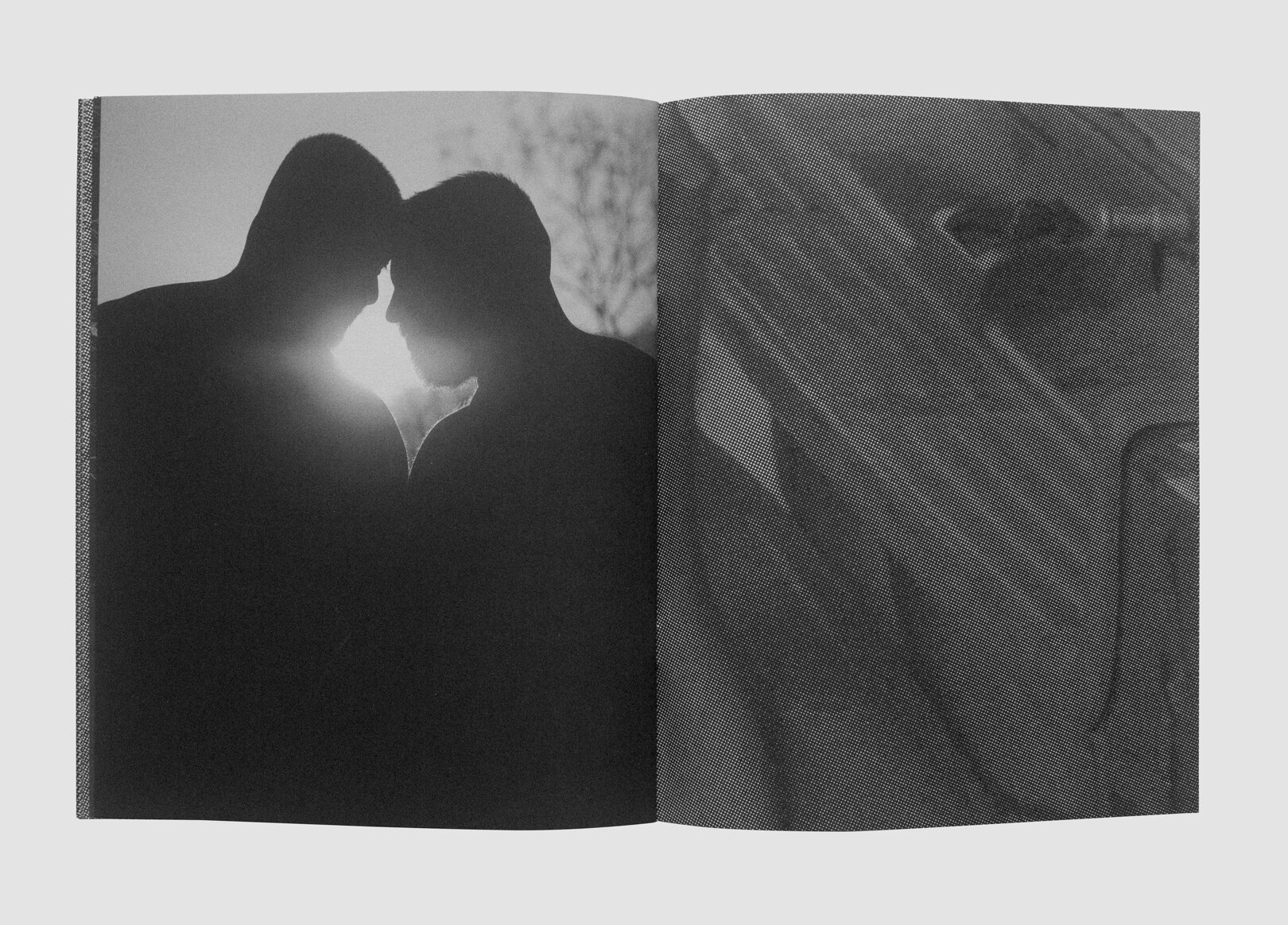
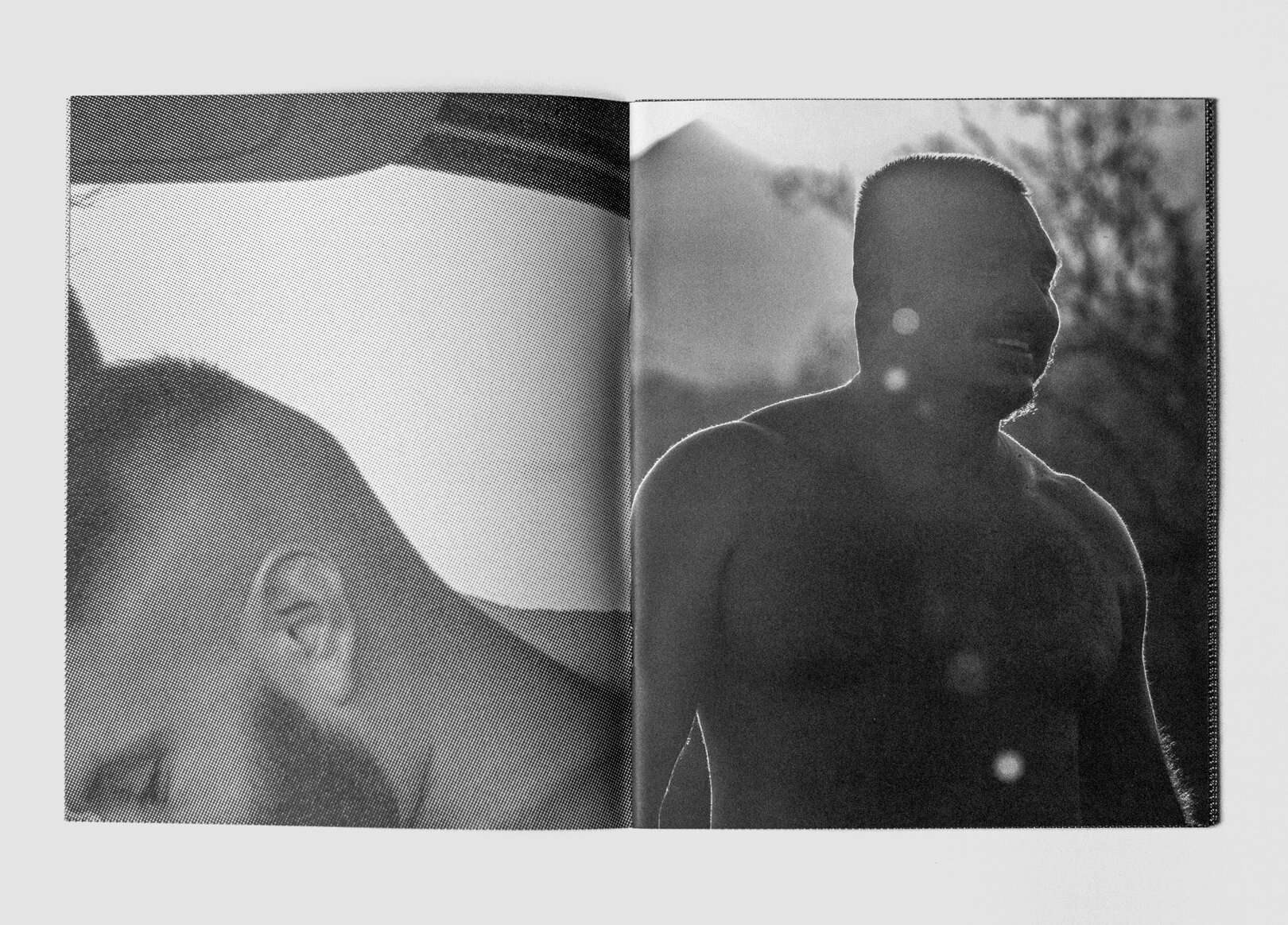
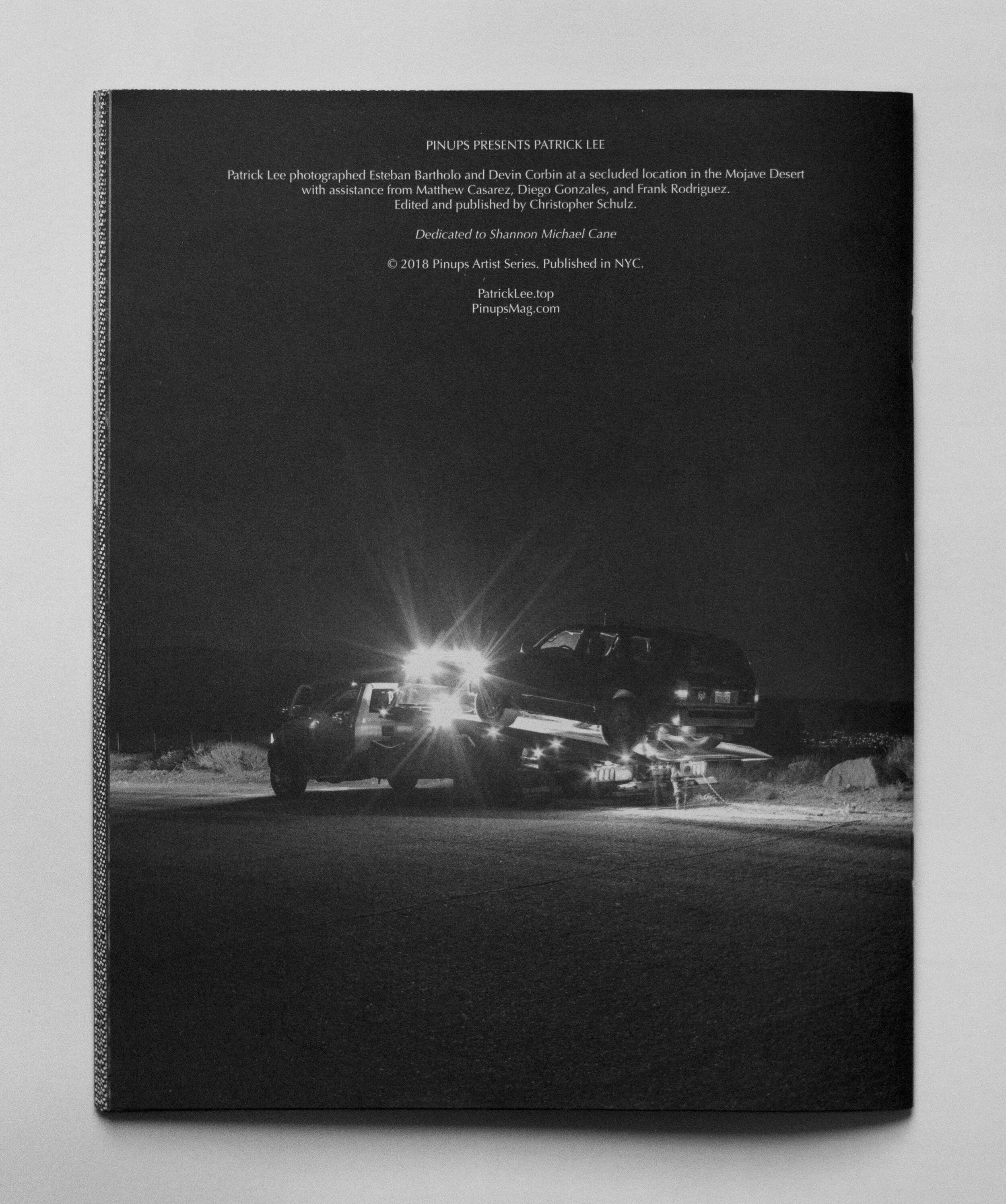
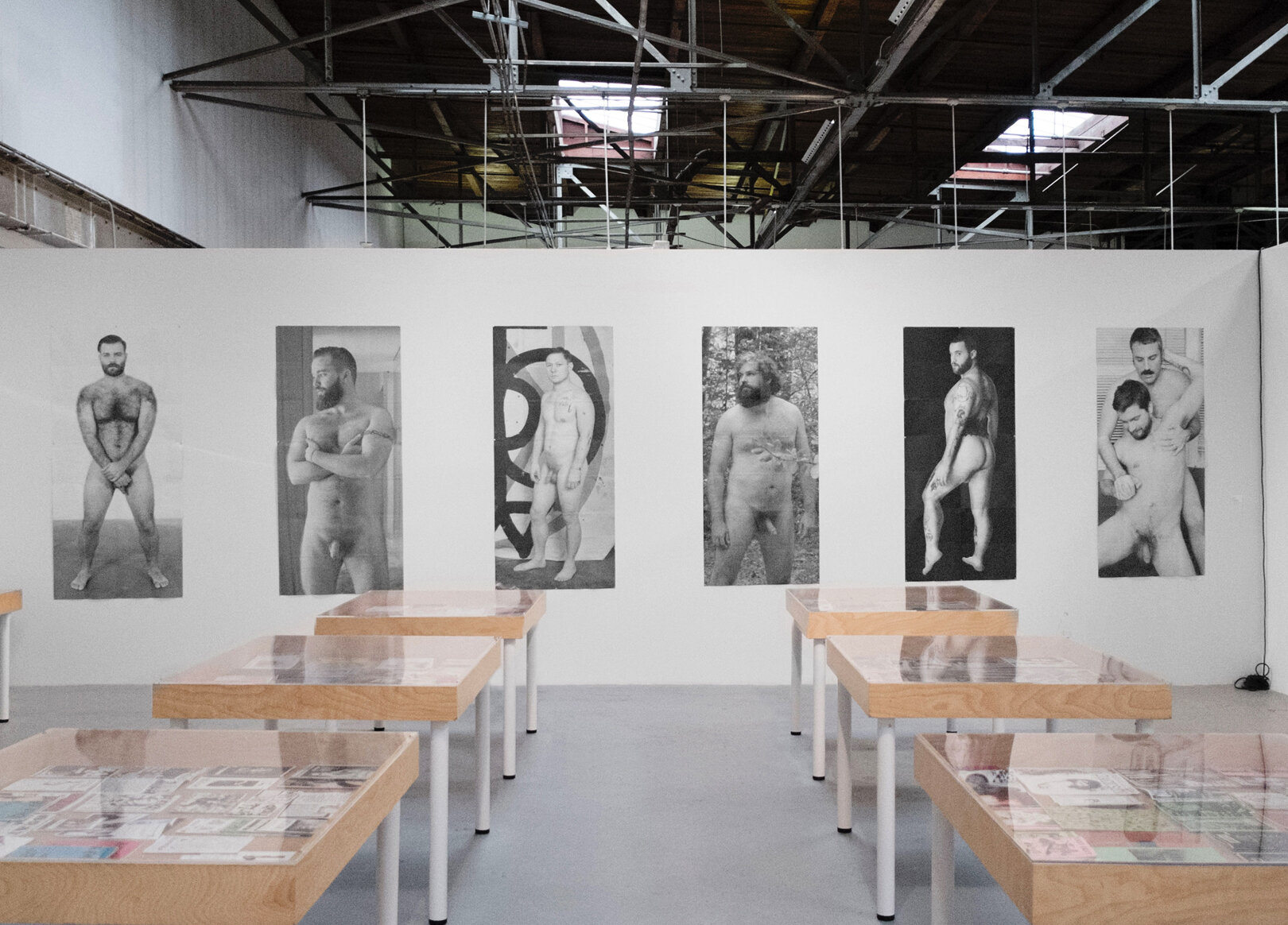
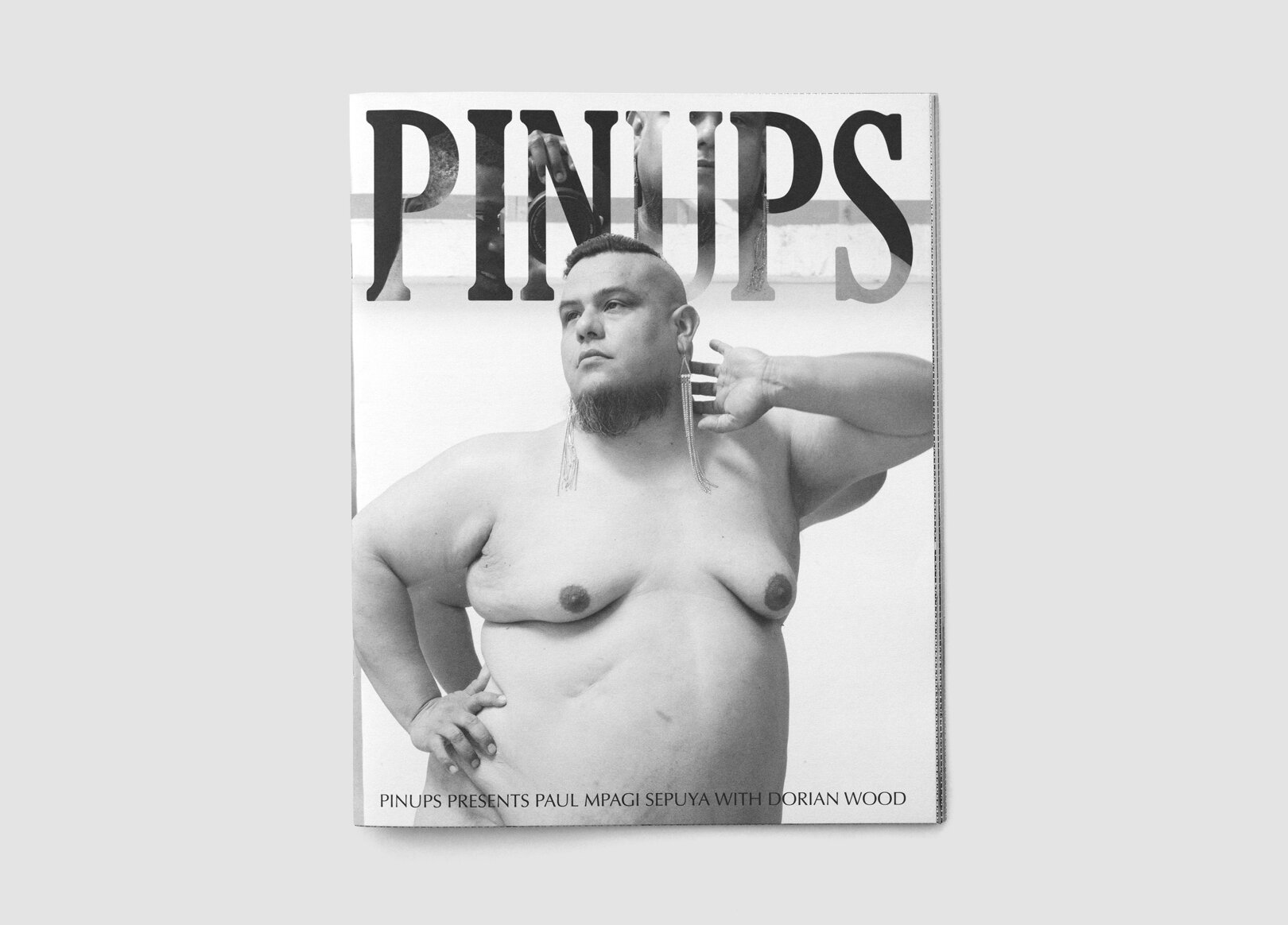

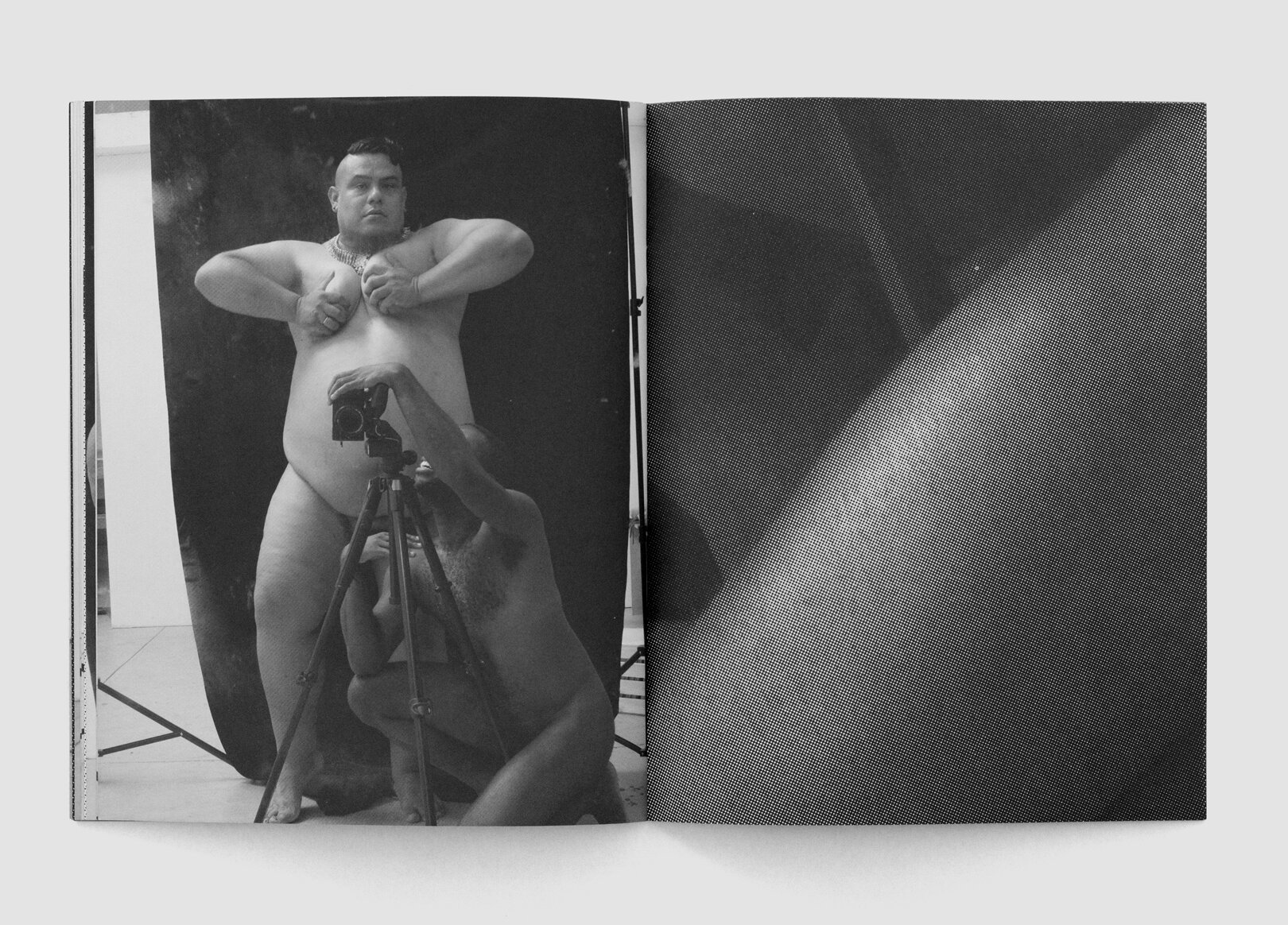
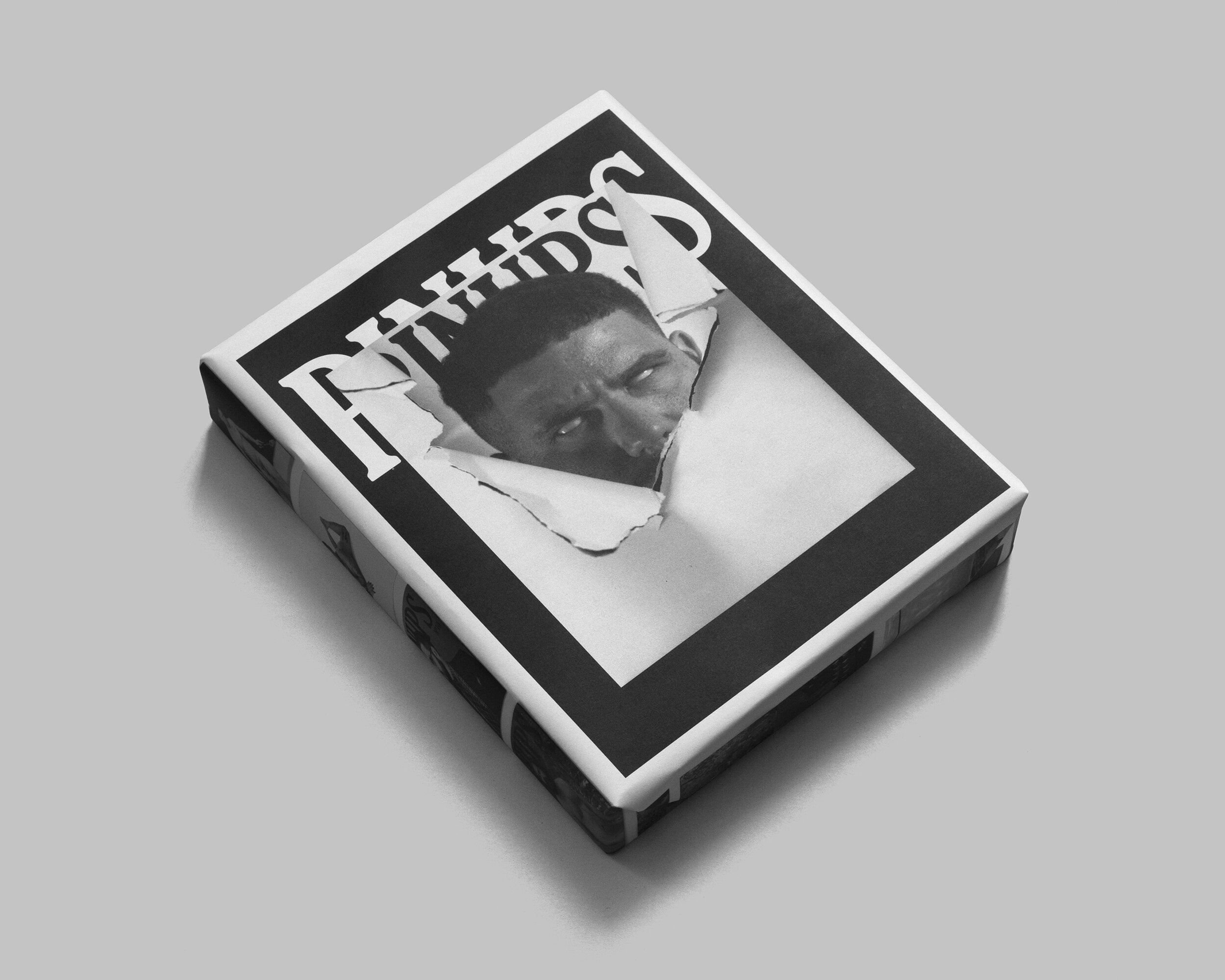
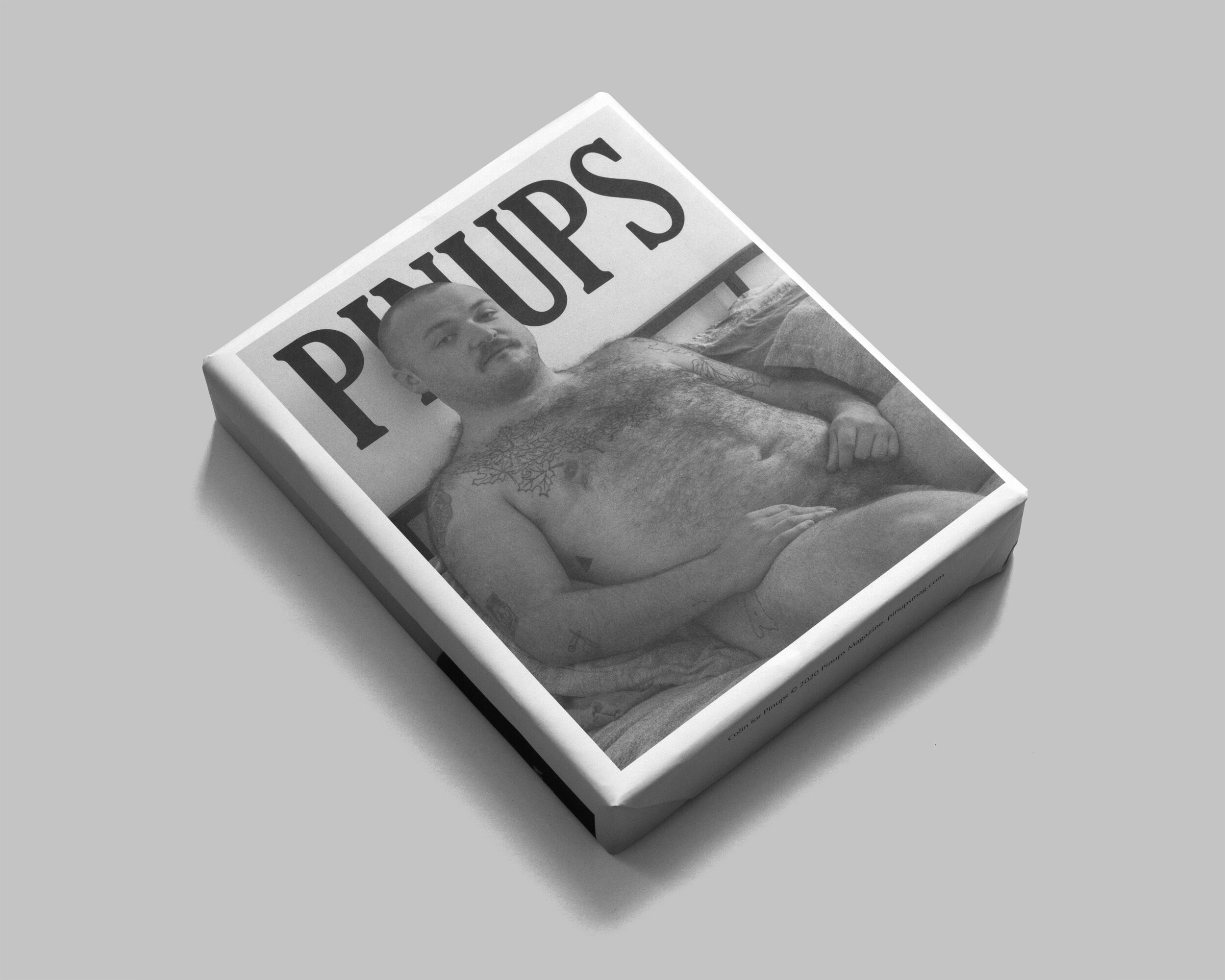
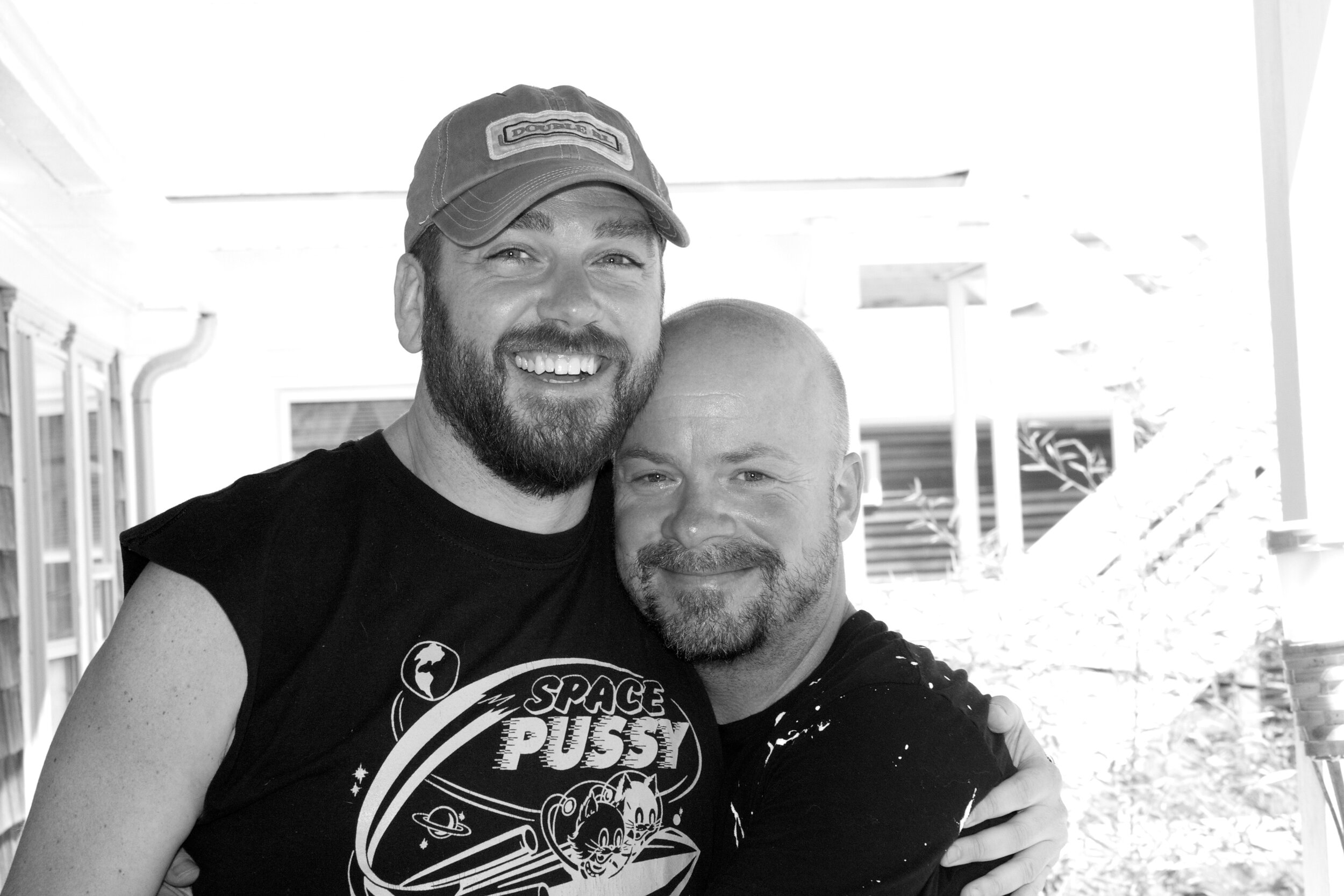
Connect with Ricky and the E2K Community
> INSTAGRAM: @eager_2_know
> FACEBOOK: Facebook.com/eager2know
Episode 059 Transcript
Transcript: 059 PINUPS founder Christoper Schulz
Ricky McEachern (00:02): I discovered PINUPS around 2009, when I was in a fairly major period of personal creative growth. I was impressed by the magazine's simplicity, beauty, and I just thought it was really clever. I knew it was created by a single individual, and that fact inspired me to wonder... "what Can I create" ? Seeing PINUPS activated my creative brain. In this episode of Eager To Know, I'm excited to share my conversation with PINUPS, founder and creator, Christopher Schulz.
PINUPS founder Christopher Schulz (00:56): So I am here with Christopher Christopher Schulz of pinups magazine. How are you doing? I'm good. How are you doing good. So I want you to tell people, listening to this. What about your magazine? That was private.
PINUPS founder Christopher Schulz (01:11): Okay. So the simplest way, I describe it as it's sort of the, the concept of the Playboy centerfold, but expanded over every single page. So every page is, is an image. There's no text or anything like that, and everything's full bleed and you can take the binding apart and tie all the loose pages to reveal a giant image. So it's in a way it's a giant puzzle. But it's interesting because I, I think it kind of plays with the book form and it's pretty loyal to printed material. You know,
Ricky McEachern (01:50): Tell me about the subject matter that you, you know, describe the subject matter though.
PINUPS founder Christopher Schulz (01:54): Of course. Yeah. So the subject matter is all male nudes, so it's to queer publication and mostly they're shot in, you know, well, various places sometimes in, in, in in someone's home or artist studio or, or out in, in nature, but it's, and it's all black and white, all everything's printed black and white offset printing. Yeah.
Ricky McEachern (02:19): Okay, cool. Well, thanks for describing that. So I discovered pinups, I think in 2009, I don't know how I found it because this, I don't even think Instagram.
PINUPS founder Christopher Schulz (02:30): No, it wouldn't have been my space, but I thought it was awesome. Like as soon as I, as soon as I saw it, I thought it was amazing. I ordered a couple of issues and what first of all, the, the men that you photograph are just really beautiful. It's like really sexy, but not like it's not like porn out. It's just very sexy and cute fun.
Ricky McEachern (03:00): And I mean, that's how I thought I thought it was. And then also the fact that as you described, you can pull the staples out and then you can S you can assemble it into this giant poster. That's like three feet by six feet. So you make the, you become part of the magazine almost like you're suddenly engaged in the product that you just purchased in a way that you normally wouldn't get in a you know, in a standard magazine. And because it's so large, like you have to put it on the floor to assemble it. So it's kind of like this physical experience. And I remember one of the first times we assembled it is a, I think it was 2009, 2010. And I was part of the new England snowboard, gay Snoop snowboarding club. And so we had like a ski house in Stowe, Vermont, and I brought my pinups and we assembled them as like all of this house full of gay guys, and we just had so much fun doing it. And I think that's when I emailed you just to let you know how much
PINUPS founder Christopher Schulz (04:06): Awesome. Yeah. That's so cool. I liked it. I'd love to hear that. It's funny. Cause for me, I'm like, I've, I've assembled them so many times for exhibitions. So when I do it, I'm like, Ugh, I have to put another one together, but yeah, no, that's fine.
Ricky McEachern (04:20): Where did you come up with the idea and when did it start? You know, I haven't like
PINUPS founder Christopher Schulz (04:26): I had a number of, of things that kind of culminated in the idea. I used to, when I moved to New York from Chicago you know, in my early twenties and at the time I was interning at printed matter. So I was exposed to a lot of artist's books and I was really should have in, into the, I, this sort of indie, you know, self published work
Ricky McEachern (04:48): And printed matter as what,
PINUPS founder Christopher Schulz (04:50): Sorry, printed matter is an organization in a nonprofit organization based in New York, they've been around since the early seventies and they specialize in artists' books and they also produced a sort of famous, pretty matter of New York or LA and New York art book fairs that happen every year. So that was sort of like an early New York lifeline for me and in my creative world. And, and it was really inspiring. And I think being exposed to a lot of these books was, was very inspiring. And so so there was that component, but then also separately, I was very into looking at and trying not uncover older queer publications that were sort of outside of my, like, definitely not part of my generation or anything like that. Like early pre-AIDS public,
Ricky McEachern (05:41): Like, like like, like like magazines or newspapers or everything.
PINUPS founder Christopher Schulz (05:50): Yeah. Well like, yeah, like magazines, but like also self publish, like, you know, straight to hell was the Manhattan review of unnatural acts, I think is the full name. What was that? It was published by Boyden and Donald. And I think he, I want to say it began in the sixties, or I think it was mostly ran through the seventies under, under his creation, but but you know, he was in New York and publishing self-publishing printing correlating at home and like kind of doing what I do with pinups, you know, self-distributing, and it's sort of legendary now, this sort of legendary cuisine that was the basis and inspiration for, for butt magazine. And I was exposed to, but magazine when I was still in Chicago and that was also an early publication that w that meant a lot to me early on that got me interested in looking at some of the older publications that came before it. And, and kind of wondering, like, why isn't there more of this for my generation, where did all the cool queer publications go?
Ricky McEachern (06:55): Was this, was this stuff that you're describing? Was it both text and imagery with the articles? I know, but his articles and imagery. Yeah.
PINUPS founder Christopher Schulz (07:06): So straight to hell was more like people would mail, like send in personal sex stories and then they would be published alongside kind of like stock photography of like, you know, pornographic, gay sex. Or I don't know if maybe the images were, were actually also submitted, but they were never, never really like, connected, like the story and the image weren't necessarily, you know, two didn't go together, but it was this really nice, cool, weird publication that that I think inspired a lot, a lot of later queer public publications.
Ricky McEachern (07:42): And what's so interesting about that is that is so important for gay people. So what was this like the seventies
PINUPS founder Christopher Schulz (07:50): Predominantly? Yeah. And it continues. I think even now I don't, Billy Miller is now sort of the publisher, and I don't think he's published in new issue in quite some time, but it's still kind of like still around in other forms.
Ricky McEachern (08:04): I guess what I'm getting at is in the seventies, if you're a man interested in men and you're living in the middle of the country, there there's nothing. So these magazines, they had so much value to them and it was the only exposure to, you know, to gay erotica, you know, potentially, I mean, if you're living in Kansas in 1972, I don't even know if you can get you know, gay porn. I don't even know if it would have been in a movie theater.
PINUPS founder Christopher Schulz (08:35): Oh, right, right. Yeah. I mean, in print, at least I'm sure everything was mail order.
Ricky McEachern (08:41): Okay. So this stuff was mail order.
PINUPS founder Christopher Schulz (08:43): Yeah. Yeah. Very DIY you know, like I'll publish and yeah. So, so that was definitely like one thing I was also looking at the time and then separately, I started to just think about large scale format and like a weird way. Like I was really inspired by, but in the background of this one bar gay bar scene and Fox and his friends from the like 75, there's this like beef cake, this poster of this like beefcake guy that looked maybe like life-size. And I was, I was interested in that. And then I was interested in after dark magazine from the seventies had these like really great ads in the back. And one of them was a beach towel with like a beefcake on it. And, and so that was another bit of inspiration where I was seeing these kind of like larger scale images.
PINUPS founder Christopher Schulz (09:37): That seemed really cool. And I thought, huh, that imagine if like a magazine, like the centerfold was that big. And I think there was even a publication in printed matter that took this idea of one image across every page where, you know, each page individually is abstract, but, and this one you didn't take apart and reassemble it, it was a little bit, but it was more conceptual that, you know, here's a giant image, but you'll never see it really see it. Whereas with mine, it was meant it's meant to be disassembled and reassembled as a poster. And in a way what's interesting about that. And what's unique about that is it speaks so specifically to the print printed form because people sometimes reach out to me and they say, Hey, you know, is your magazine ever going to be available electronically for like, as a PDF download? I'm like, no, of course not like you lose all that, that concept in that what you were talking about that physicality of, of experiencing, taken apart, putting it together. And like, that's all like, that's the meat of the concept to me that goes out the door once it's not on paper anymore, you know?
Ricky McEachern (10:50): Yeah. So do you have a, it sounds like you have an affinity for printed material in general get big time. Okay. So tell me, yeah. Tell me about that. I mean, obviously I expressed my experience with you know, assembling the the poster also the, you know, being able to hold it in your hands. There's something about that, but tell me your, you know, what your thoughts are on that time?
PINUPS founder Christopher Schulz (11:15): I mean, I've always been into print, but I think it might have to do with it. You know, I was a kid at the eighties and print was dominant and, and, you know, like all digital was, was AOL chat rooms, you know? So my ex experience of like culture came from magazines, printed material album graphic design, like Alomar, you know, that was my go to, and that was sort of something that I always kind of fantasize about engaging with, you know, as a creator, I'm like, Oh, I want to make, you know, I would make like cassette tapes so that I could design the J cards. So that's always been a sort of a deep passion for me since I was very young. And so that still to this day runs through yeah, I mean, I mean, print print has always been really important to me.
Ricky McEachern (12:07): Yeah. There's something about you know, you mentioned album covers and that was such a big deal when a new, when a new record was released when I was a kid, you know, it was the album that you would get and what was on the album cover, and then you had the sleeve. Yeah. They already doesn't have lyrics. Has it not have lyrics? Sometimes there was a foldout and that was like this big bonus. And that was a really big part of the experience. And this is before music videos. I mean, that's how old I am. So I, you know, but it was very much about being in your bedroom with your friends, listening to records and looking at the, you know, the, the physical printed printed matter.
PINUPS founder Christopher Schulz (12:54): Yeah. It was funny that you say that because there was actually a particular issue of pinups where I kind of did a nod to that old format where we did this, the scene was the model was listening to records on a turntable and dancing. I was naked. And I was more about like that kind of like the ritual of that format where, you know, you have to physically flip the record. And so I was, I was, I was definitely tapping into that, you know, through my love of print and it being kind of a, like an older format, but that's still celebrated and has its own brings its own rituals to the table. You know, the things that are unique to print or unique to the vinyl format that you don't get with other formats. And yeah. I mean, I, I love all that stuff.
Ricky McEachern (13:42): So I know the app, I have the the addition with the guy and his apartment with the records. And that's super cute. So let's talk about your models. So where, and I have a story about one of your models. So tell me about where, where do you find these guys?
PINUPS founder Christopher Schulz (14:02): You know, it ranges, but mostly they're friends of mine. I mean, when I started making the magazine, it was, I was pretty young. I was like in my mid twenties and, you know, I didn't, all I had was like my social circle. And so with people, I knew, you know someone I was dating at the time or just a good friend or, you know, I mean, or someone I, and then later on it, when, when the magazine became a little bit more known, I was, you know, people would reach out to me and, and, and so then I was connecting with other people, but, but yeah, originally it was just my social circle.
Ricky McEachern (14:37): Okay. My age. And, you know, my favorite models are the two guys that are sort of wrestling. I thought they're so cute. That one was fun. That one
PINUPS founder Christopher Schulz (14:52): Was inspired by, have you seen, are you familiar with Ken Russell's film women in love from like 1969? There's this famous scene where Alan Bates and all of our read, wrestle naked in front of this like fireplace. And it's really like a show of, I guess, like, I mean, they're there they're friends, it's not a sexual thing, but but I was just really interested. It's a sort of really famous scene and I wanted to kind of recreate it in print and actually that location where we shot it was a room at the Chelsea hotel. Oh, really cool history. So I was happy about that one that I can kind of tap in a little to New York city's history and, and have, and be part of the history of that hotel.
Ricky McEachern (15:40): That sounds like an amazing way to be creative. So not only that you actually get to create these scenarios and sets that you think up and you want to express, so yeah. Tell me about that process of,
PINUPS founder Christopher Schulz (15:58): Yeah, I'm an artist in New York that has no studio. So for me, you know, it's really a matter of like, okay, where can I shoot? Where can I shoot, you know, a friend's house, you know, maybe I'll rent a room at the Chelsea hotel for the night. And it was, it's really about being in New York at, through most of it. I mean, I I'd done some issues where I got to leave town and that was also like really exciting and motivating to be in a new environment that was actually really brought a lot more to the table. But, but, but working in New York, you're really, and especially since I'm do shooting nudes, you have to be in an enclosed space. It's really hard. It's really hard to find, you know, a good location, so you have to be creative and I'm like, I also don't have a car. So I'm like running around with like my apartment and it's, it's kinda messy, you know, it's hard. And B yeah, I'm, I'm pretty I only do the shoots when I'm like, when I have a project, you know?
Ricky McEachern (16:51): Yeah. So I guess what I'm wondering is do you think of a concept and then based on what, you know, you have access to like how does the idea come from? Like I know you have the desert one, you have the choice hotel one, there was one, I think that was in a cabin.
PINUPS founder Christopher Schulz (17:09): Yeah. I mean, the concepts come from different places. Sometimes it's like, I'll have finished one issue. And thinking about that process will lead me to an idea that pushes me in the direction of the next issue. So there's, there's that part of it, but then also it's just an op you know, if an opportunity comes up where, you know, I'm, maybe I'll go to someone's apartment and be like, Oh, wow, your apartment is incredible. You know, would you let me shoot here? Or I mean, obviously I think I might've been reading about the Chelsea, Chelsea hotels, just the thing you know about. And I, of course, you know, she went there and booked a place, but yeah, you kind of depends like issue to issue. I don't know. I, I also do them in frequently enough that every time it's a bit fresh when I come to it to be like, Oh, you know, I want to do this this time. I'm not pressured to do. It's not like I'm making one every month or quarter, you know, it's pretty income. It's not very consistent. Yeah.
Ricky McEachern (18:08): Are you on a schedule or do you just do them whenever you
PINUPS founder Christopher Schulz (18:11): Not at all. I used to be on a bit of a schedule because I was really committed to always being an exhibitor at the New York art book fair, which was usually in like September, October, like fall time. And, and that created, that gave me a structure, like I had to do date, you know? And and then they started doing the book fair in LA. So then I'm like, Oh, I have a due date. Instead of every year, I have it every six months, you know, but but then I got to the point where I'm like, no, you know, I'm going to do this when I feel like it. And, and like this year, for example, I didn't produce an issue cause of COVID and all of that. But but yeah, I feel like at this point, you know, I've done, I've done.
PINUPS founder Christopher Schulz (18:56): I think I've done 20 issues of their original series. I'm like, I'm done, you know, at 20 I cut it off. And then I decided you know, it took some time off from it and then decided to kind of start it up again, but sort of in a new direction. So now I've started this different different series called pin-ups artists series, where instead of doing the photography myself, I mean the original series is like a one man, you know, project. I am doing everything, but now I, I I've started to tap other people who, you know, who I admire, who are photographers, who are working
Speaker 3 (19:33): The desert one where the guys are in the cruising area.
PINUPS founder Christopher Schulz (19:36): That was the forest this year, that one. And I didn't shoot that. It was my friend, Patrick Lee in California. Who's an incredible artist. He does amazing graphite hyper-realistic graphite drawings that are amazing. And then, and then with his photography work, it's, it's actually mostly landscape. But what got me interested in, in working with him and kind of switching, switching how pin-ups has done is that, you know, I was kind of really got in my head about, you know, limit limiting myself for the sake of maintaining a consistency that you know, I felt was really, it was really exciting to break out of that by inviting someone else to, to produce photos who would come in from a different perspective, who would have a different approach who maybe would tap models or, you know, the subject differently than me. Like Patrick's the subjects for portraits are usually people who just like, we'll go up to on the street and show them his work and be like, I am an artist, here are my drawings.
PINUPS founder Christopher Schulz (20:47): I take your photo and do a portrait of you. I would never do that. You know? So he has completely different method of reading images. And I thought it'd be really exciting to kind of open the door and also to like break my, you know, all of my, like the rules that I've set up for myself, you know, like he, he came to me and he's like, is it okay if this is a little more sexual than, you know, the usual pinup stuff, I'm like, do whatever you want. I don't, that's the point. I want you to make it, you know, do something different than I would do. So he was the, I did the first issue with Patrick and that was really, really cool and so correct.
Ricky McEachern (21:26): And it has, and it has docking.
PINUPS founder Christopher Schulz (21:29): I wasn't, I wasn't even, there, it, the stories that came out of that shoe are pretty interesting and crazy. And they kind of come into the magazine points, like his car broke down and the tow truck driver who picked him up was like, you know what goes on around here? Right. I thought that was a fabricated. No, that was a real awesome. And then there's this at the back cover of the magazine is a picture of his car on the tow truck. That's all like, that all happened. Part of the story of like getting this, these photos. I think he went through hell to get these pictures.
Ricky McEachern (22:10): I think it's fantastic. I think it's fantastic. Like I think the end result is wonderful and I love the one where the guy's laying out and he's on, it's like a sheet or a towel that says USA. And it reminds me of when I was a kid I, there was tons of woods around my house and there was always forts that the teenagers made where we would always find porn, magazines and stuff. But there would always be stuff like that, like blankets and things. And that's what it reminded me of a very minded me of stumbling upon like a place where people would hang out and who knows what would be going on. But like,
PINUPS founder Christopher Schulz (22:48): That's really what that place is. Apparently it's in it's near Joshua tree, not quite in Joshua tree, California. And it's like this cruising round and there's weird stuff everywhere. There's like tires and doll parts and like met bare mattresses and guys cruise in that area. And I think that TA I imagine that blanket, he might have brought that, but it also could have been there. So it's kind of like how you describe where like, there's this, you know, it has this sort of like fingerprint of like activity. Ricky McEachern (23:22): Yeah. Well, yeah. I definitely got that from, from that addition,
PINUPS founder Christopher Schulz (23:27): The very last page, there's a guy walking in the distance and he's got a shirt and no pants, and that guy was just there.
Ricky McEachern (23:36): Oh, I assume that was one of the models or something. I gotta relook at this then. Yeah.
PINUPS founder Christopher Schulz (23:40): It's a really cool issue. That's fantastic. Yeah. And then the one after was with Paul Suppiah and Dorian wood, which was also super fun.
Ricky McEachern (23:50): So I haven't seen, I'll have to check that one out. I haven't seen that. So one of my favorite ones was the, so the summer of 2010, I had a place in P-town all summer and I had one of your pinups assembled on the kitchen wall. And it was the one where the guy's brushing his teeth.
PINUPS founder Christopher Schulz (24:11): Yeah. Number 10. Okay.
Ricky McEachern (24:13): So first of all, I would take pictures all the time of like people in my kitchen hanging out and you would have Scott in the background and it's a full nude, and you can see his Dick. It's not hard, but you can see it. Facebook would the robots and Facebook would detect that picture in the background and they would disable my account. And I had to just because it was in the background. And, and this happened twice where it got disabled and I had to like agree to all these things before they would enable my account. So just that was interesting because normally I don't take photographs of nudity and posted on Facebook. And I thought it was interesting that Facebook kinda caught that in the background twice. So it was just accidental that we had it there, but anyhow, I used to, so I would, I would be looking at Scott all the time and when people would come over for drinks, this is Scott.
Ricky McEachern (25:09): And it was like the big joke at our place. And so one day near the end of the summer, I'm getting coffee. And next to me is Scott and real life. He's standing right there. So I've totally recognized him. And I'm like, I am trying to explain without sounding like a weirdo that his poster is in my house. And I asked him to please come back. It was right down the street and he actually came up and so I met him and I have to tell you he was more handsome in person than he was in the magazine. He was absolutely so handsome. He was so sweet and nice. And he took a photo with me. We didn't take a photo with him with his because it was naked, but we took a picture of me, him with the wrestling guys. And yeah. So I got to meet him and it was very funny.
PINUPS founder Christopher Schulz (26:01): Oh, cool. That's a, that's a really funny story. I asked if you recognized him right away, just because he looks, or at the time looked very different than in that photo shoot. We did that photo shoot. The concept was this. I wanted to present this sort of narrative story of a morning routine. So the opposite of porn where he starts out naked and by the end of it he's closed. Totally. And so we put him in this like Tom Ford suit and everything, and like, I'm like, can you trim your beard? Like clean it up? And he's like, Oh, cause you know, he was kinda like more hippy-ish, you know, and he's just like, Oh, I don't like this. It's funny.
Ricky McEachern (26:40): No, it was great. And I love the fact that he started out, you know, I love the, the story, the story that was told. And I think he told me he was the only one at that point that had an erection and the magazine, he seemed to be very proud of,
PINUPS founder Christopher Schulz (26:53): Of that. Right. Cause it starts with morning wood. Right. And the real cheeky thing that I kind of forgot about was I was really trying to go like take this like idea of like the progression of porn and reverse it. So I was like, yeah, let's do like morning boner. But it's not sexual because it's morning wood. And then just, you know, you brush your teeth, you take a shower, you know, you put your clothes on and that's the end.
Ricky McEachern (27:21): No, it was wonderful. And I liked it so much. He was, he was the poster I chose for. P-Town
PINUPS founder Christopher Schulz (27:28): One of the things that you mentioned made me remember or made me think of something interesting about that posters, which is that they are printed, you know, because they're enlarged so much, the way I deal with the resolution is by I use like the halftone which is the dot pattern, you know offset printing uses. And I just enlarge that, that halftone, it's just like a lower resolution halftone but I like, I prefer that than like digital pixelation and it's just, you know, to me, it's print language. So, so I like the idea that the, that the posters are made up of like, you know, that halftone dot pattern, but what's interesting about the halftone dot pattern is that if you take a picture of close enough, the Facebook, Instagram bots, don't detect it damage, what do you mean? Well, cause if you take a picture, close it up enough where all that is is dots. The bots don't catch it, meaning the nudity, or they don't see the image in it. Cause they just see a bunch of dots. Oh, I mean, if you take a picture of the poster, pull back far enough, you don't have to see the dots and you can clearly see the image, but if you, you know, took a close up shot, it would notice. Okay, well, that's good to know in my experience, I've done like a picture of really close up picture from one of the pages. And it just goes completely unnoticed.
Ricky McEachern (28:56): So I did know I'm not familiar with like the printing process, but I did notice that the way the dots are express, like they are, it's very different than looking at a magazine, like a standard magazine. It looks different,
PINUPS founder Christopher Schulz (29:10): A standard magazine under a magnifying glass, those and that's, you know, it's like, yeah, it's just, it's just a lower resolution halftime pattern.
Ricky McEachern (29:19): And then the other thing is the paper, like the matte paper is just, is really lovely. But can you tell me about why you would choose that?
PINUPS founder Christopher Schulz (29:30): Yeah, it's actually, it's not even mad. It's uncoated, which I really liked aesthetically it's cheaper. It's a rag year. I liked it. I liked, I liked the idea of this kind cheap old paper. And it's funny. Cause you know, in the beginning I was really interested in these like kind of old sixties physic pictorial type of like, you know men with like naked, like naked portraits and stuff. And it had that feel. But then as I, you know, as time went on and I became more precious about the photography, I started like, Ooh, like I don't like this. I couldn't because if you shot on like a matte or gloss, the photography, like the lushness of the image is it's just much better. It comes through much better, but I'm like, nah, that's, you know, I'm kinda, I kind of keep with that kind of old raggy look. So it's sort of hard. Cause even like with like Patrick's photos, they're like beautiful. And, and then like we print it and it's like, Oh, these photos could look even better if they're printed with in gloss or, you know, I mean, I,
Ricky McEachern (30:38): What I can tell you is I would not be talking to you now, if that was a glossy magazine, like there's something about the look, the feel of it that really connected with me. And I think it's very unique and I think it is, you know, it's obviously the photography, but I think it is also the paper. There's just something about it. That's very unique. And also the fact that there's no narrative, like there's no text. So is there, can you tell me a little bit about that?
PINUPS founder Christopher Schulz (31:11): Well, the first couple are the first four, the first three issues I, that I did it was like a double sided poster, meaning that, you know, the interior, nowhere in the interior, did you see a full page image? Every single page was like, you know, and so it was actually a little more conceptual and, and like a weirder experience in the book form.
Ricky McEachern (31:34): Do you think that magazines are that show nudity like this? Do you think they're going to come back or do you think they're gone?
PINUPS founder Christopher Schulz (31:43): I mean, I think they have come back because, you know, when I go to the book fairs and art book fairs, I see more of it. I see more people kind of taking that approach or be inspired by some of the same things that I was inspired by or or exploring yeah. Exploring that same kind of, kind of thing. So, so I think I'm seeing, I think I see more of it now.
Ricky McEachern (32:09): Like you're seeing like how are people expressing it in what way? Like
PINUPS founder Christopher Schulz (32:14): Specifically in Brent, but also I guess online there's there are a lot of artists that are responding to sort of the nude presentation and how it's engaged electronic digitally. And they might even like work that back into a print printed form, but, but I feel like it's still explored now.
Ricky McEachern (32:35): Okay. I guess I'm not going, I guess I'm not going to the right places. I feel like there's lot of like coffee table books, you know, with the male nude forum and stuff like that. But I mean, I remember we had like the gay bookstore in my neighborhood and you would go and there would be like all these magazines. And I don't think, I don't even know where you would go to get those now and if they have them and you know, what the quality is anymore, all that type of content. You also, you know, I guess it's a broad, it's a broad collection of content. But some of it is online.
PINUPS founder Christopher Schulz (33:15): Yeah. Yeah. I mean, I feel like it like the accessibility, what's interesting about digital and, and, and, and online is as much as I'm, you know, fanatical with pinups about like the printed printed matter and that side to it. I also like lean into the digital you know, I, I, I, when I started pinups, I think in like 2006, I had the idea to do it, but I didn't actually execute it until 2007 because I was really struggling with, okay, like I have this concept, but how am I actually gonna like, make it real? And I reached out to printers to get price quotes and try to figure out can, should I do it, should I do loose newsprint that opens up. That was the original concept. And I just kept hitting walls, I think. Cause I was, you know, early twenties, just like sending an email out to printer.
PINUPS founder Christopher Schulz (34:05): And they're like, what the hell? Like this kid wants, like, you know, they're dealing with like companies that are buying like, you know, paying for huge runs, nothing. So they wouldn't even respond to me. And I finally like got to this point where I'm like, you know, what, if, if I don't just do it myself, it's never going to happen. And I went and used Xerox. But what was interesting is like leading up to that point of like breaking down and just doing Xerox for the first four issues. I I to motivate myself, I created a MySpace page for an, a MySpace account for pinups just to kinda like get the concept out and, and and get some images out. And I feel like it kind of grew from that in a way. And I think that it's spread on line. So I did kind of, I did, I do tap into that resource. I think it's important to, I think it brings it, you know, it allows me to have more exposure than I ever would have. Like when you look at things on like straight to hell and publications that were circulated in the seventies that relied solely on mail circulation and word of mouth. Whereas now, I mean, I have global reach because of, because of the internet.
Ricky McEachern (35:26): Yeah. Do you feel, so when you started this, did you have a, like an intention besides the creative part of it? Did you have any other
PINUPS founder Christopher Schulz (35:38): Goals that you were striving for? Or was it just, I have this idea, I just need to get it out there and we'll just let it out to the universe and see what the ladder I, I had the concept and it took me a really long time to kind of actually make it happen. And I think the first day she was very much a experiment and I didn't even plan to do issue two. I was just like, can I make this let's try? And I finally did. And and I was happy with it. And then from there I'm like, yeah, I'll do another one right away. And so it was a, it was a gradual thing. I think if, if I had told myself, like, you're gonna make 20 issues over the course of like 10 years, I would be like, no way that would have been daunting. So it was really like one, one step at a time, you know, but yeah, originally it was just kidding experiment in, can I do this I'm so I'm so glad that you did. So when you look at back at the fact that you have these 20 issues, like, what do you think?
PINUPS founder Christopher Schulz (36:45): I dunno. I mean, I, I, I, now I think a lot of things I do are with that in mind, you know, with the thought that there's this sort of 10 year project. And and, and thinking in that context, but like, for example, the thought of like, well, when am I going to stop doing this? You know I think, I think a lot more in terms of like the larger scale project looking in retrospect, it is weird to think back and to look at the individual issues and think back on them, I have projected is just a collection of like stories like, Oh, you know, when we shot that issue, issue, this happened, or are you someone that kind of, that looks back on everything? Or are you more focused on what's in the future? What's next in terms of gold? I mean, I think when I think about the future of pinups, I think about the context of what it has become and like that progression, but I'm also very much thinking about what that means in the future.
PINUPS founder Christopher Schulz (37:54): So I'm, I, I don't really like look back on like any one individual issue and like get lost in it as much as I, maybe it would be fun. I don't even like look through them that much anymore. They're just kind of part of my, my, my home and, you know, they're just always around, but yeah, it is interesting to, to look back. I think I am well, I've changed a lot as a, as a creator. And and so it's, it is interesting actually, speaking of looking back, I because of COVID and you know, and being working from home, I had this moment of like this creative energy.
Ricky McEachern (38:37): Oh, I'd love to do another photo shoot or do something
PINUPS founder Christopher Schulz (38:39): With pinups, but but I wasn't able to, so instead I, it forced me to re-examine some of the older work and looked through older work and I found some really great images that I, that I discarded long ago, for whatever reason. Like maybe it didn't fit in the ratio of the page. And so they found new life in, I did a an a new edition of three images from, from old material. So that was exciting. And I think that it was exciting to create something new that was looking back on old material. Yeah.
Ricky McEachern (39:17): Do you have your next set next photographer that you're going to be using for your name?
PINUPS founder Christopher Schulz (39:23): No. I mean, I have someone in mind that I want to reach out to, but I haven't reached out because I don't know when it would be appropriate to start that project up again right now. I think, I think we're hopefully going to be out of the woods soon, at least in New York. I think things are feeling a lot safer outside, so we'll see. Okay.
Ricky McEachern (39:46): Well, I think you need, you need to do a pinups episode, a addition in an abandoned amusement park
PINUPS founder Christopher Schulz (39:51): Park. Oh, an abandoned amusement park. Do you have any recommendations for that?
Ricky McEachern (39:57): Yeah, we can find one.
PINUPS founder Christopher Schulz (39:59): Yeah.
Ricky McEachern (40:01): That's few of them. There's fewer of them. There was a few of them around
PINUPS founder Christopher Schulz (40:04): Actually, that, that makes me realize I missed an opportunity to do some kind of weird post-apocalyptic looking shoe in MTA, New York city. Oh, you're right. I saw some crazy shots that were taken and like April, that I'm pretty scary, tough. Cause you know, New York city, it's so hard to find a location to shoot nudes. It's not kind of photo studio. Well, I'm so happy that I got to talk to you.
Ricky McEachern (40:37): I mentioned I've been a fan and other than the, we, you and I did meet briefly back in like 2009, 2010 when I happened to be in New York during a smell
PINUPS founder Christopher Schulz (40:48): Book fair, like right. Yeah.
Ricky McEachern (40:50): After I discovered the magazine and I went and we did meet
PINUPS founder Christopher Schulz (40:53): And so
Ricky McEachern (40:56): Glad that you were able to answer all my questions.
PINUPS founder Christopher Schulz (41:01): Yeah. Yeah. Happy to talk about it anytime. Yeah.
Ricky McEachern (41:04): Well, you know, I think your magazine is just an example of,
PINUPS founder Christopher Schulz (41:07): Of like pure creativity. Like, because it's photography, it's clever. It's, tactal, there's just so many dimensions to it that Ricky McEachern (41:19): It activated my brain and activates my brain. And I just,
PINUPS founder Christopher Schulz (41:22): When I think of you and creating something out of nothing, that's so interesting and unique, I just think that's wonderful and amazing. So, I mean, that's really, that's why I wanted to talk to you. Yeah. Thank you. Yeah. I think, I think that's one of the nice, the things I love and probably why I've stuck with it is there's this total freedom, you know, it's not, it's not, there's no commercial. It's not driven by any kind of commercial thought or like, Oh, how can I sell them or get more people into it. It's like, I mean, there's kind of like this sort of selfish element of like this, I just want to do this. I want to make this and this is what I'm going to do. And so it's, it's really rewarding to, to be able to have that freedom in creating, you know, a publication. Yeah. Completely. That makes total sense. No ads, you know, none of that, even though it's inspired by an ad, but yeah. So where can people so are your, are your, your additions are all available on your website? Is that where people should go, which is smack.com, pinups, mag.com. And then, is there any place else that people can follow you on social media? Yeah. I mean, pinups I'm on Instagram now with pinups Pam's magazine is the handle.
PINUPS founder Christopher Schulz (42:48): It's all on the website you can link to. And I think you have don't you have like a bundle right now where you have like all, I think last time I went on there, you had some sort of bundle or all the additions or a lot of them, it's just a bundle of what's left. What's still available because I've sold out of a, quite a few. So it's a bundle of, I think there's like 12 issues that are still available now. All right. So, so does that include Scott with his morning wood for now? Yeah. Alright. So anyone listening to this? You need, that's a good one. And how about the wrestlers they're still available? Yeah. Alright. Okay. Alright. Well, thank you for talking with me. This was great. Thank you.



